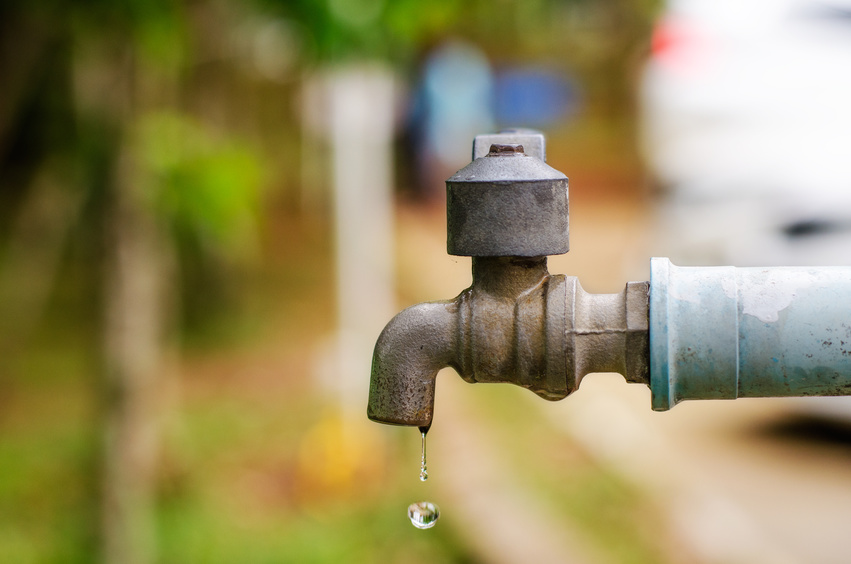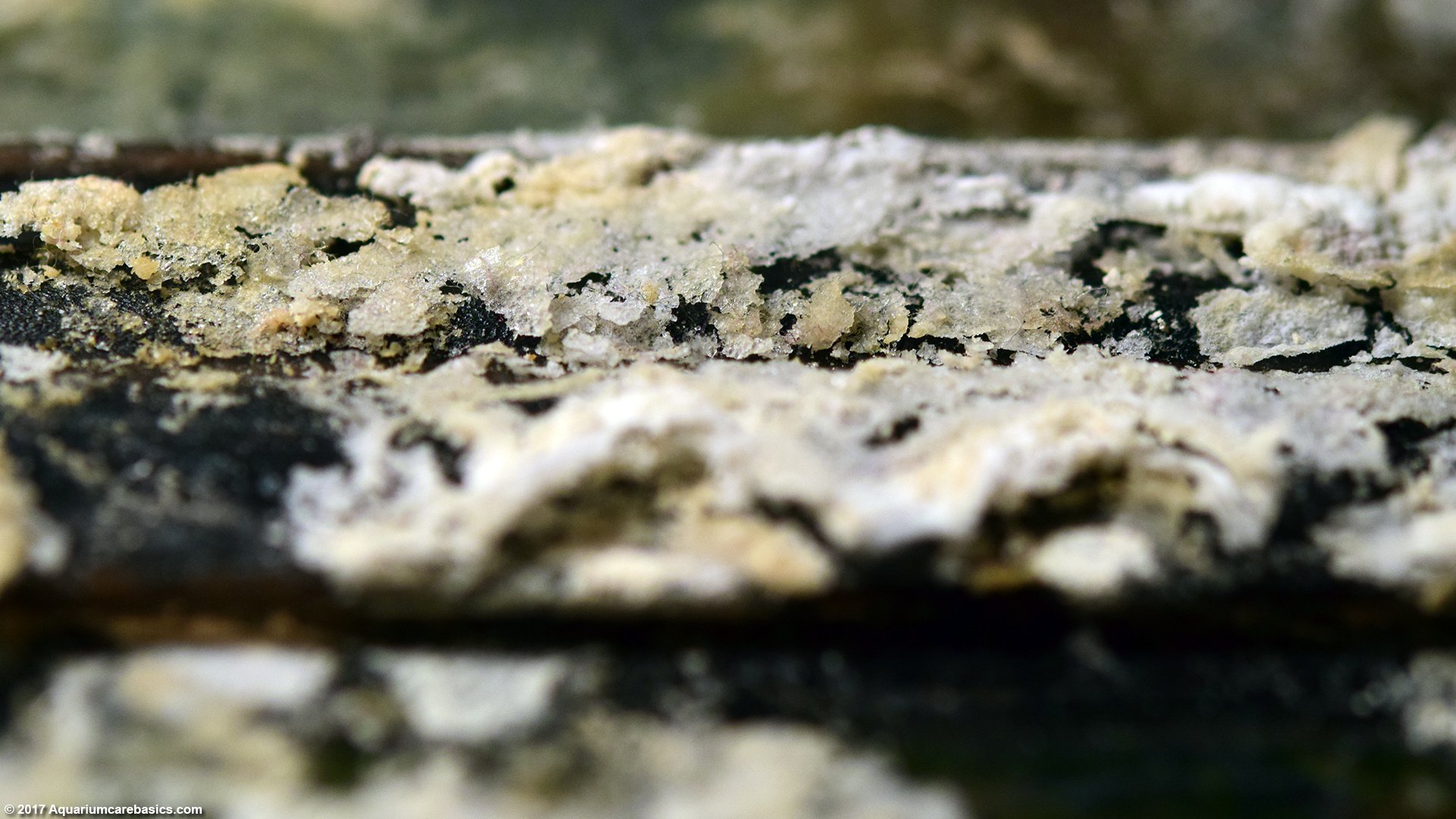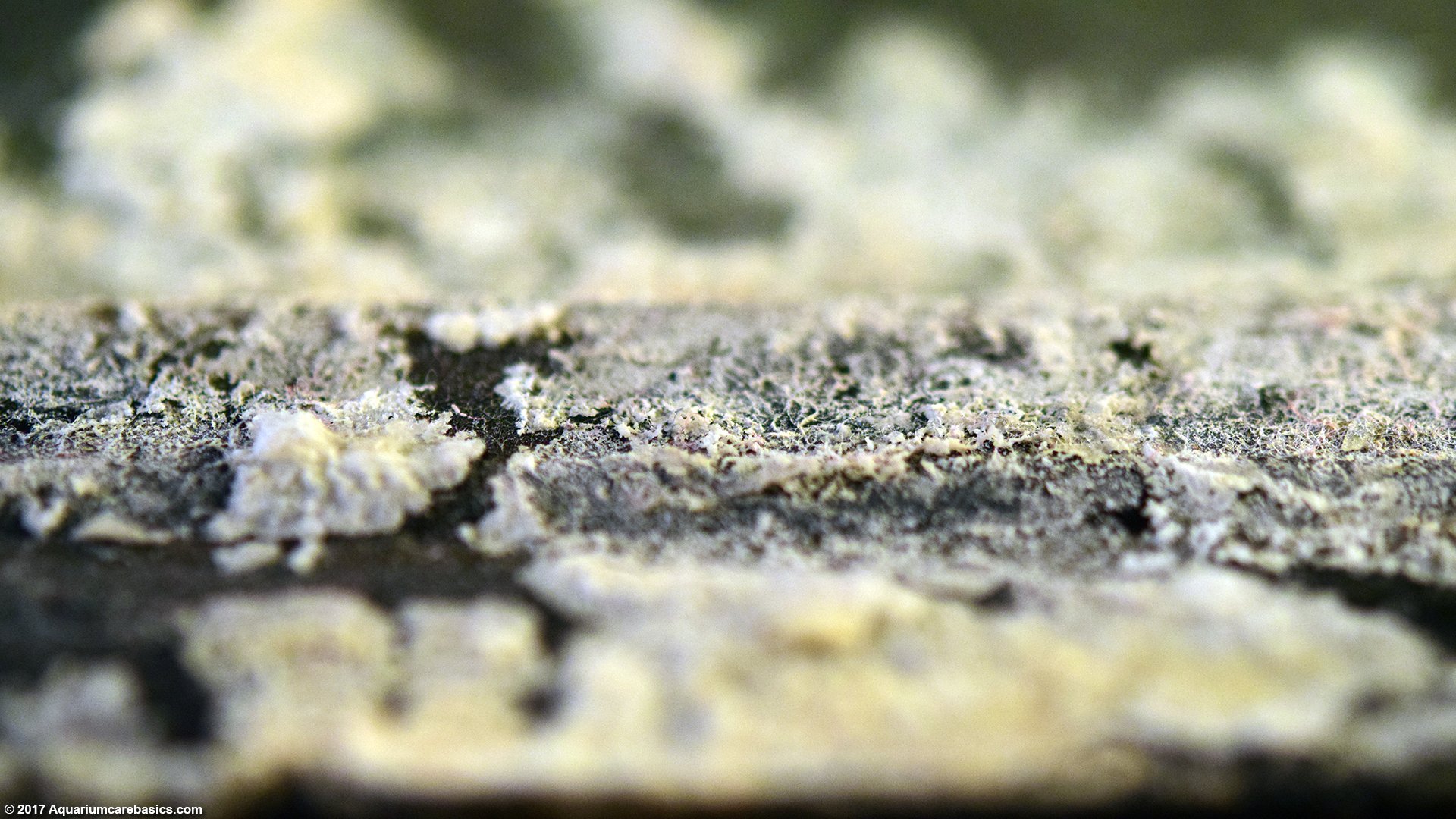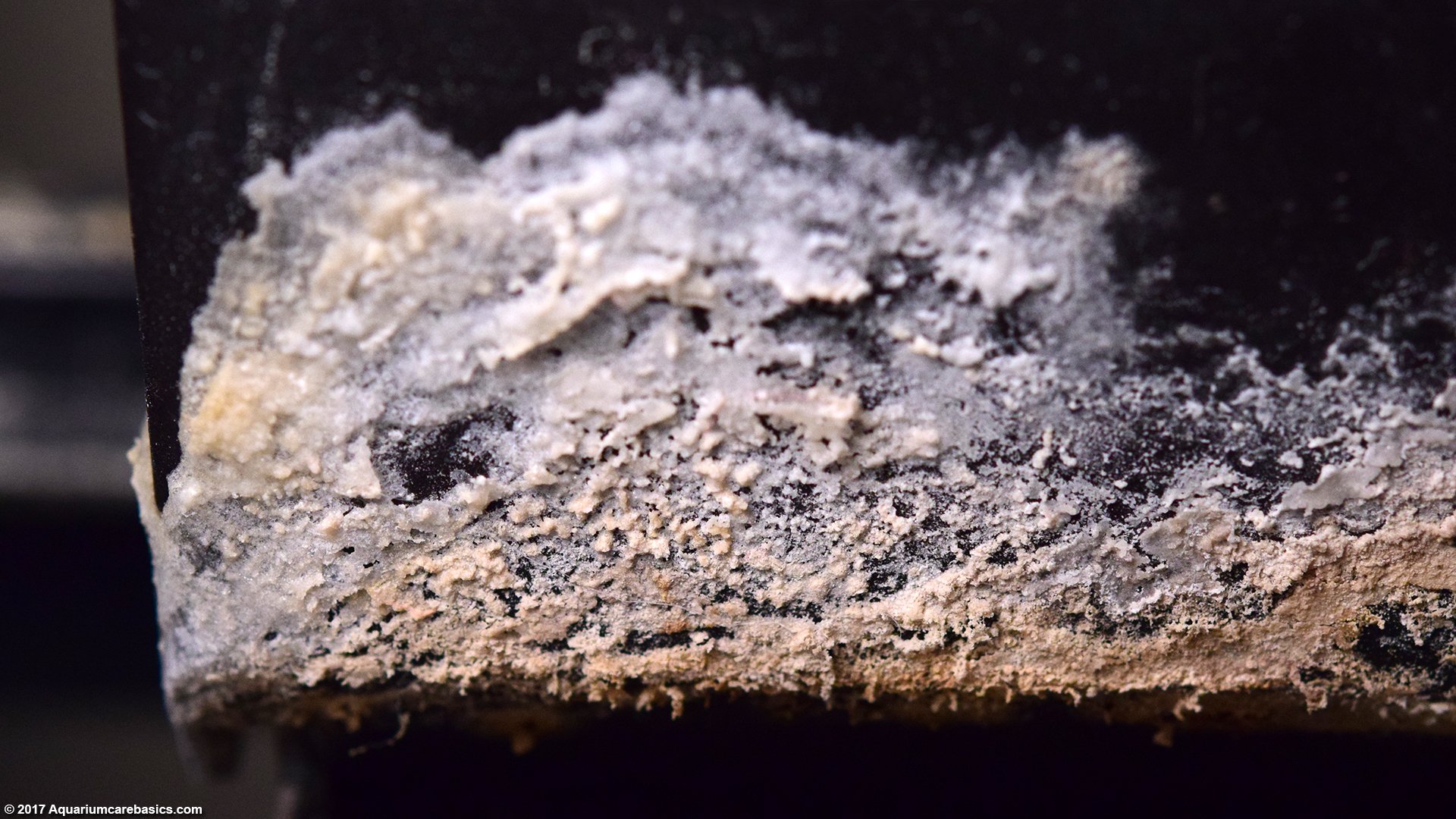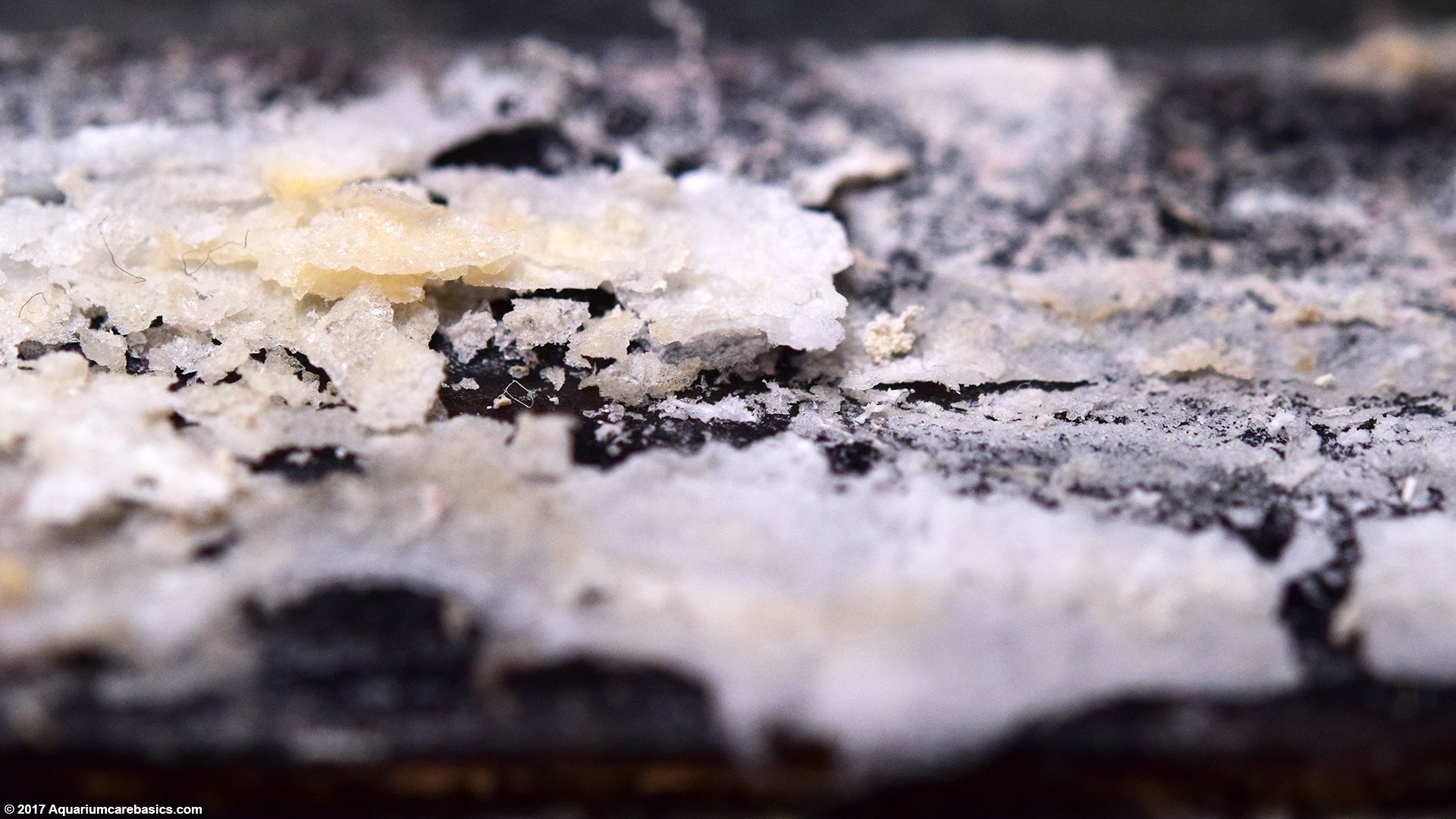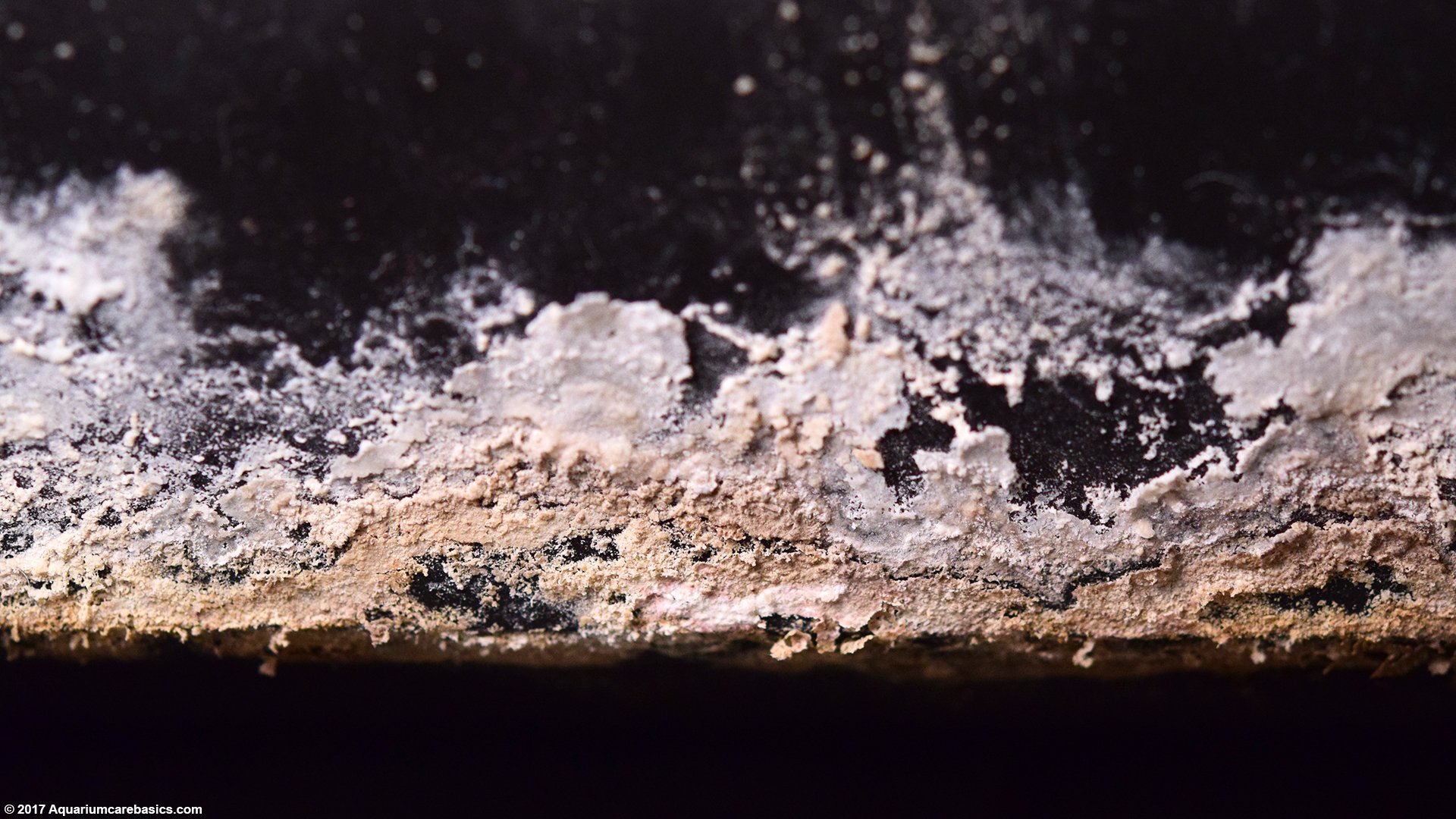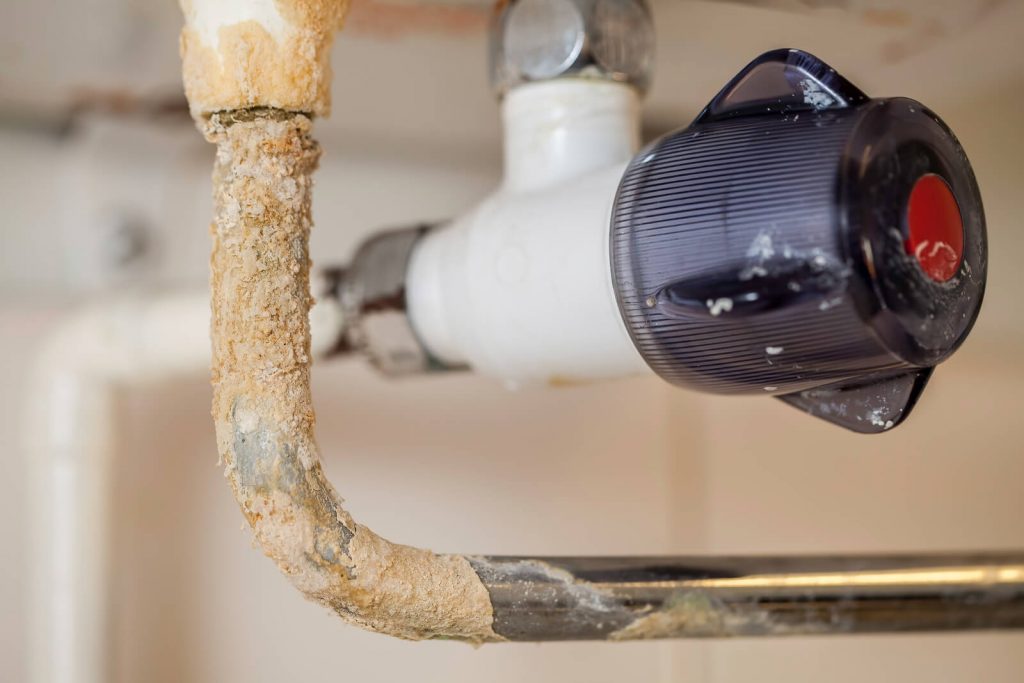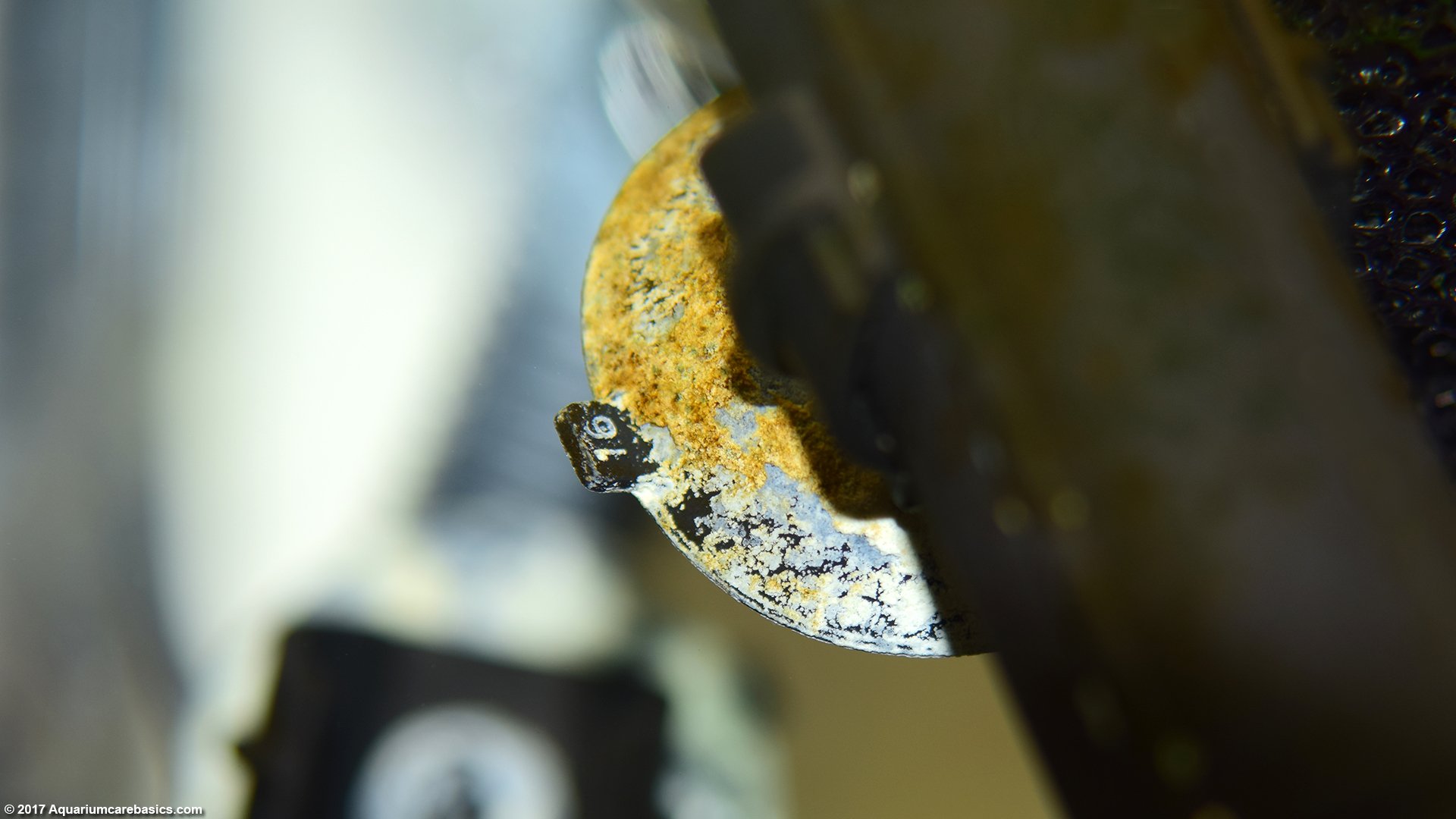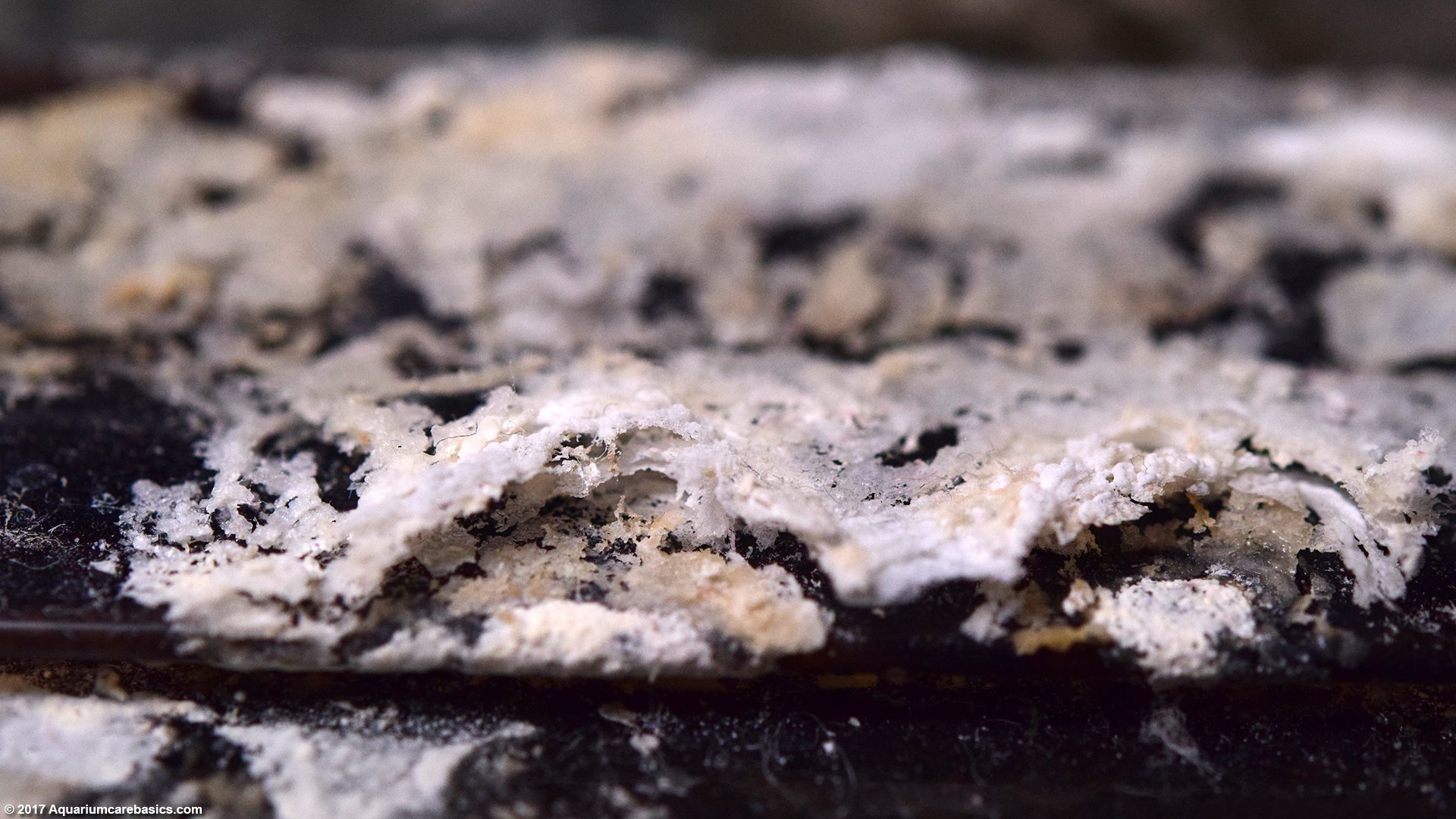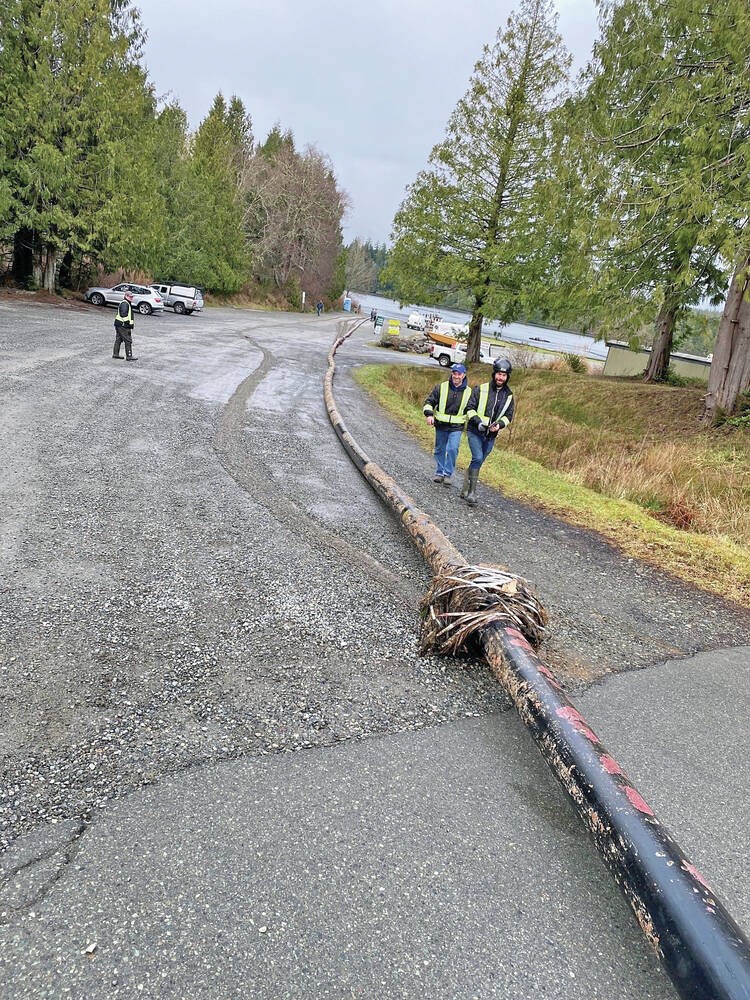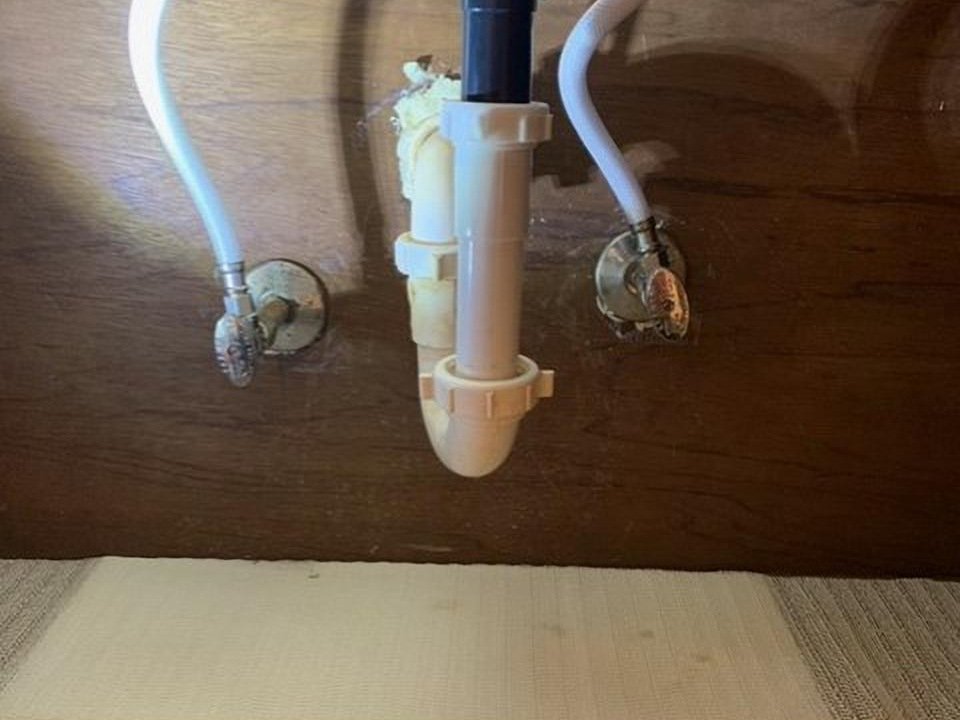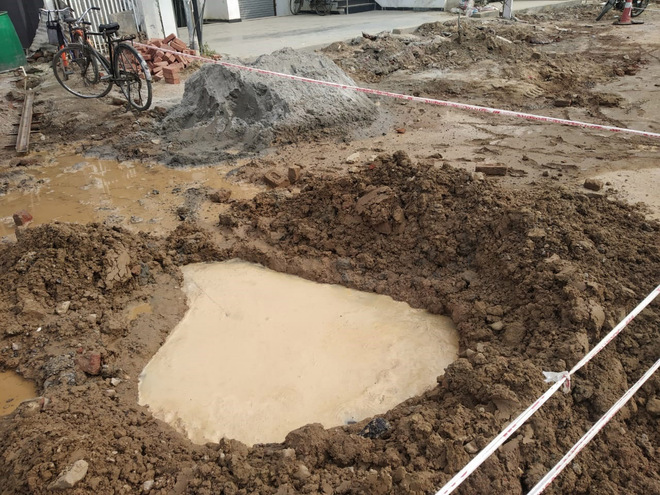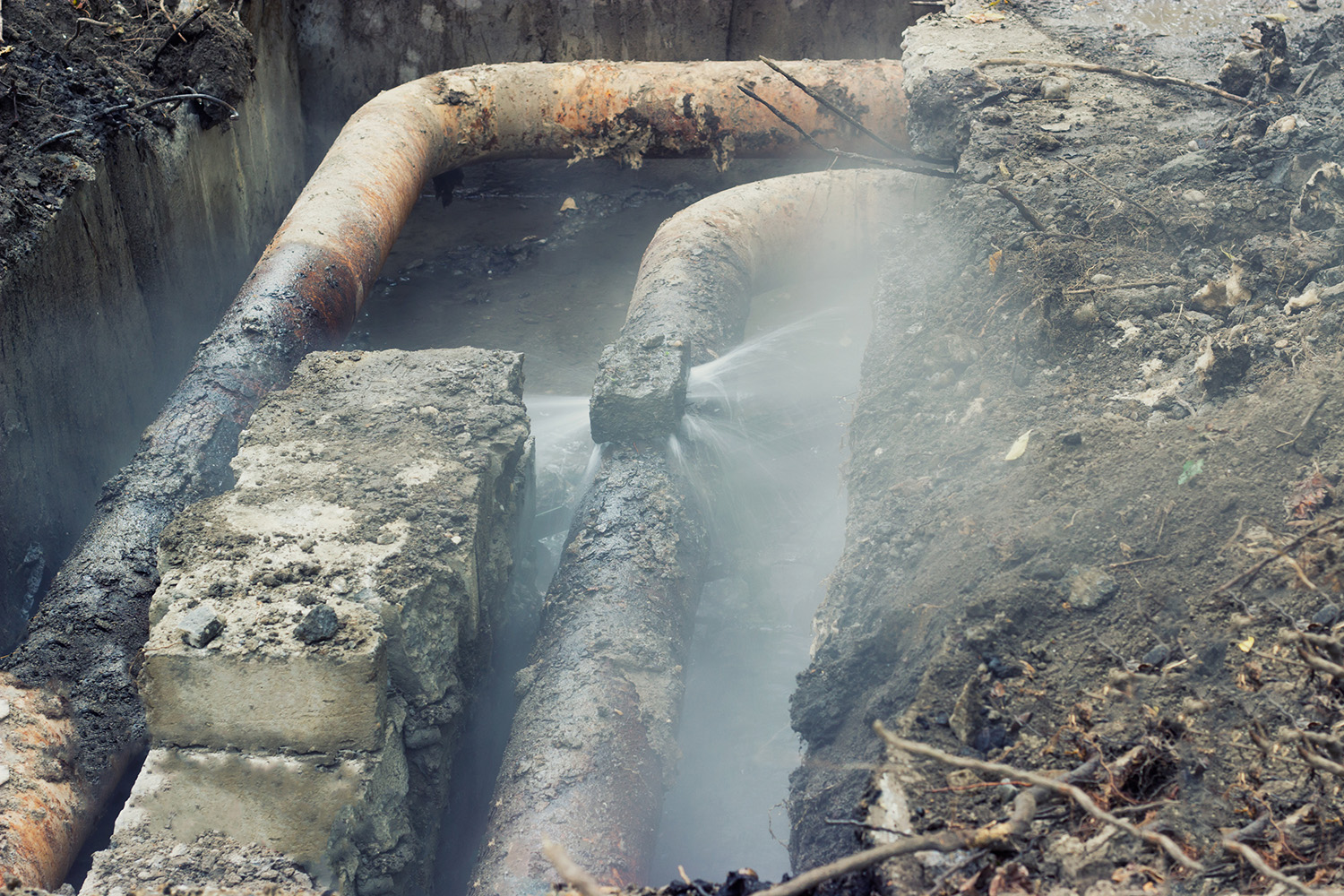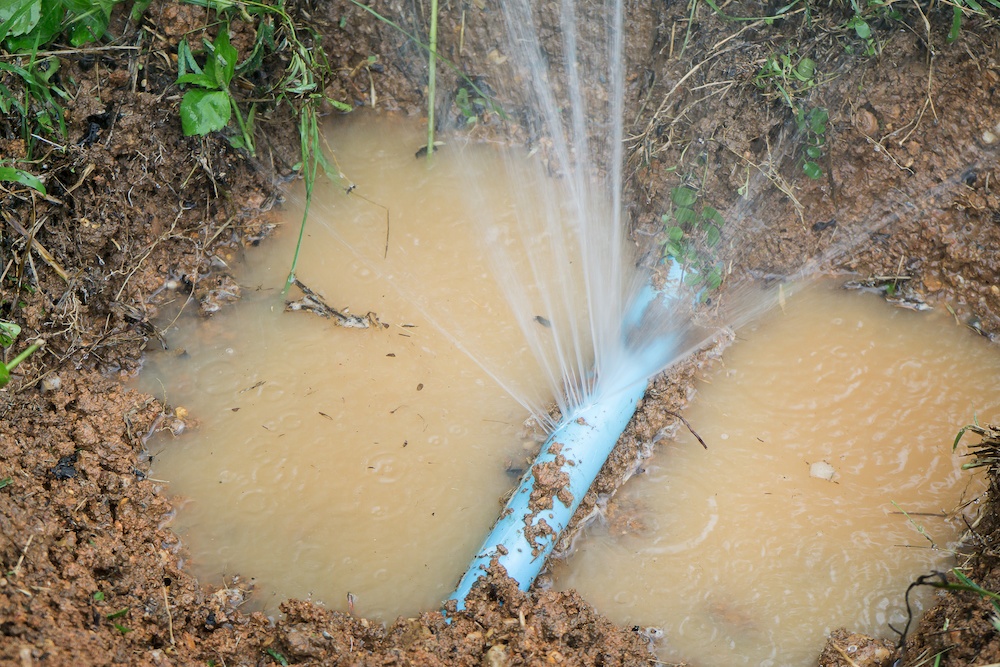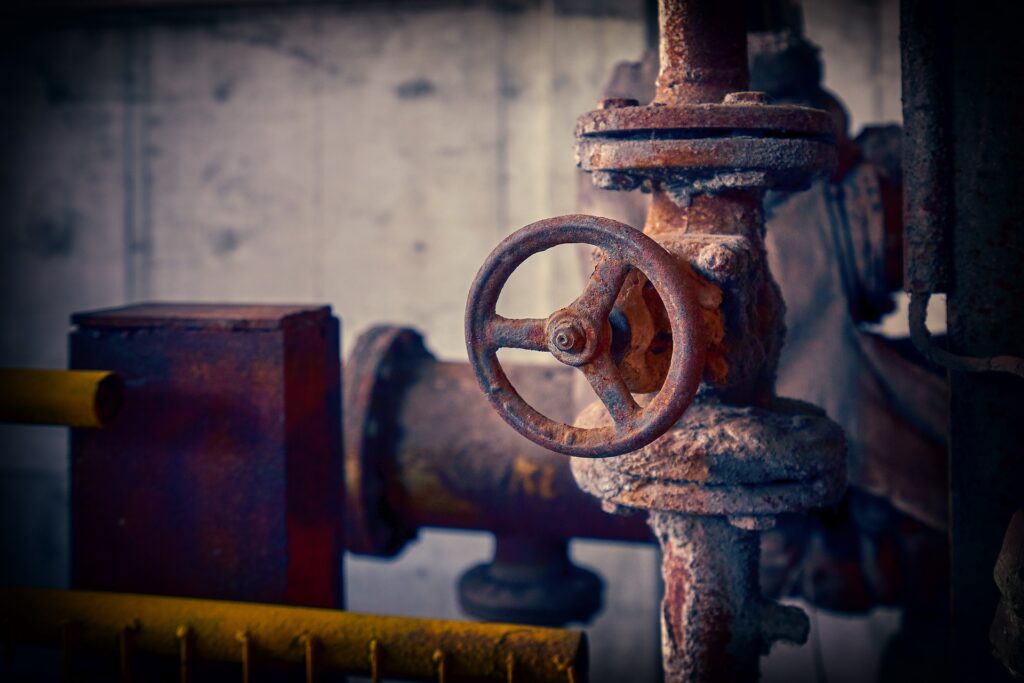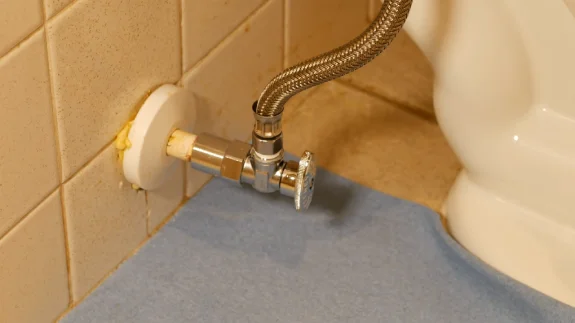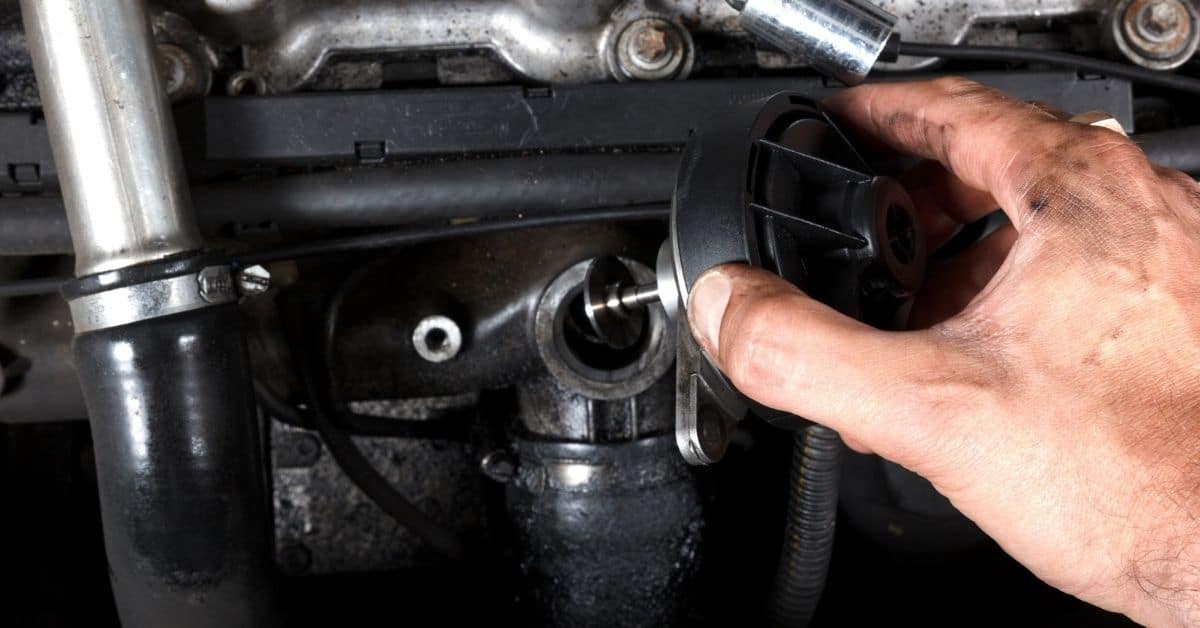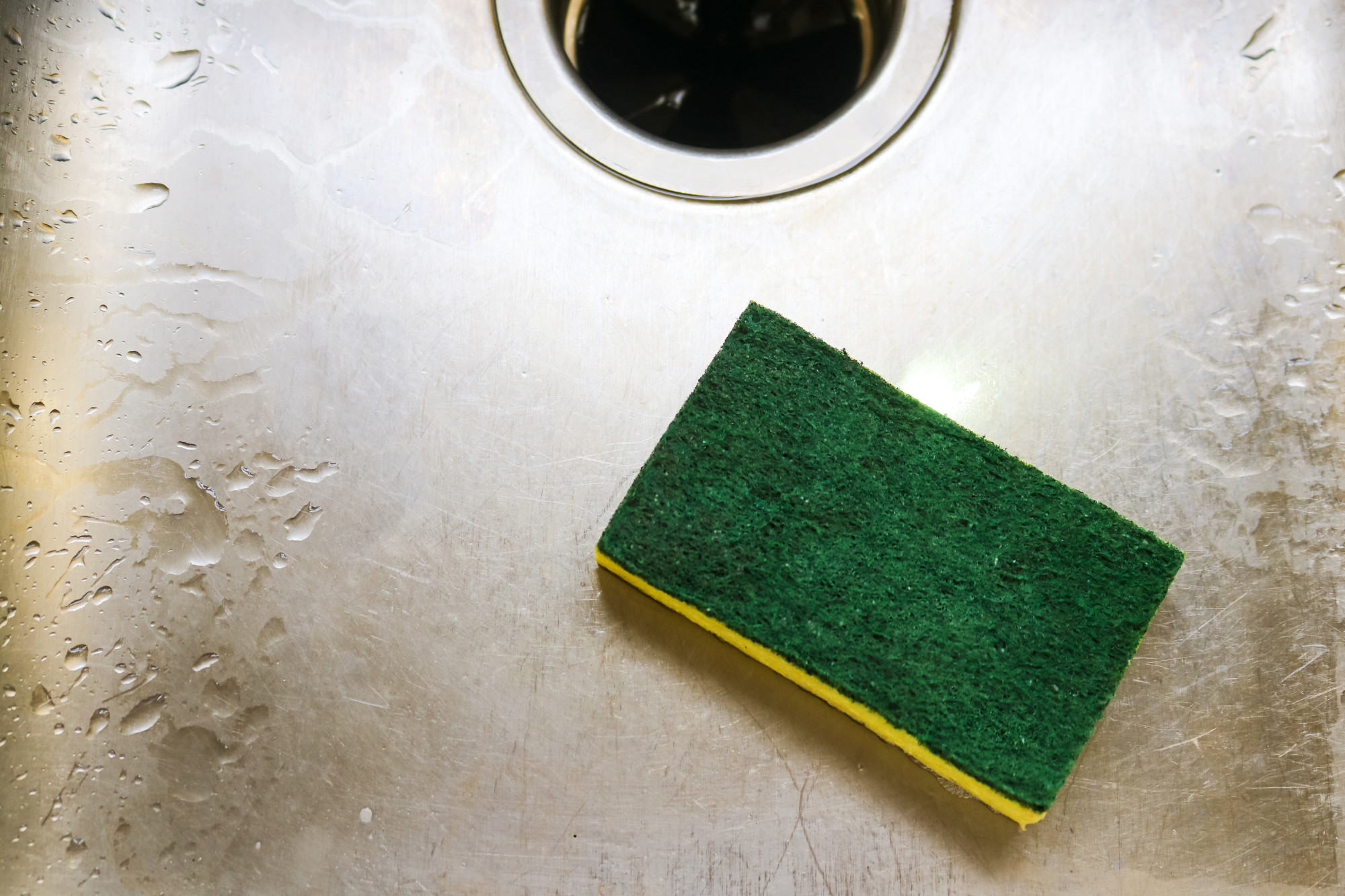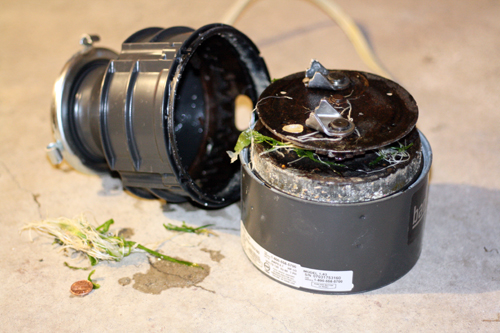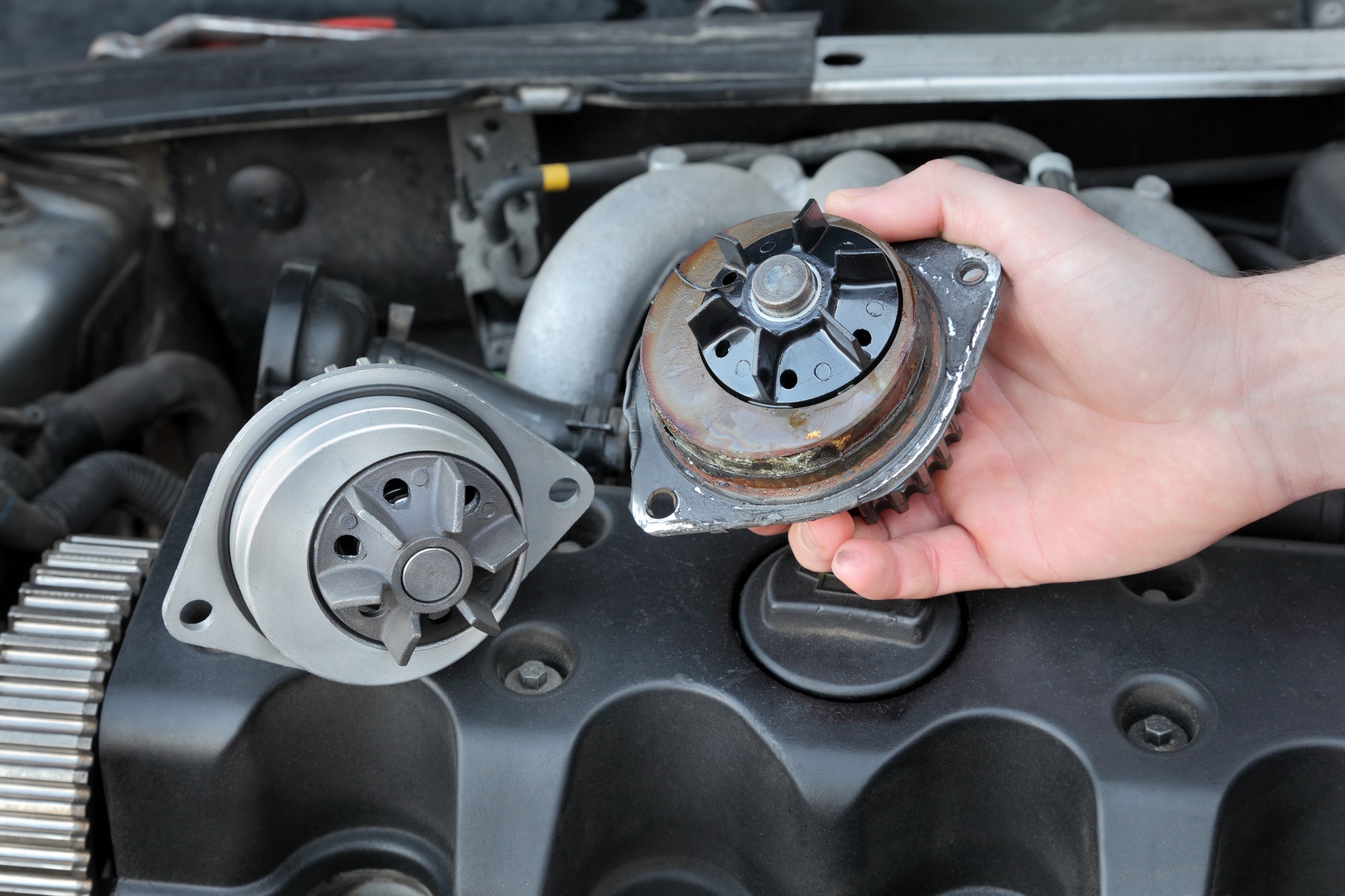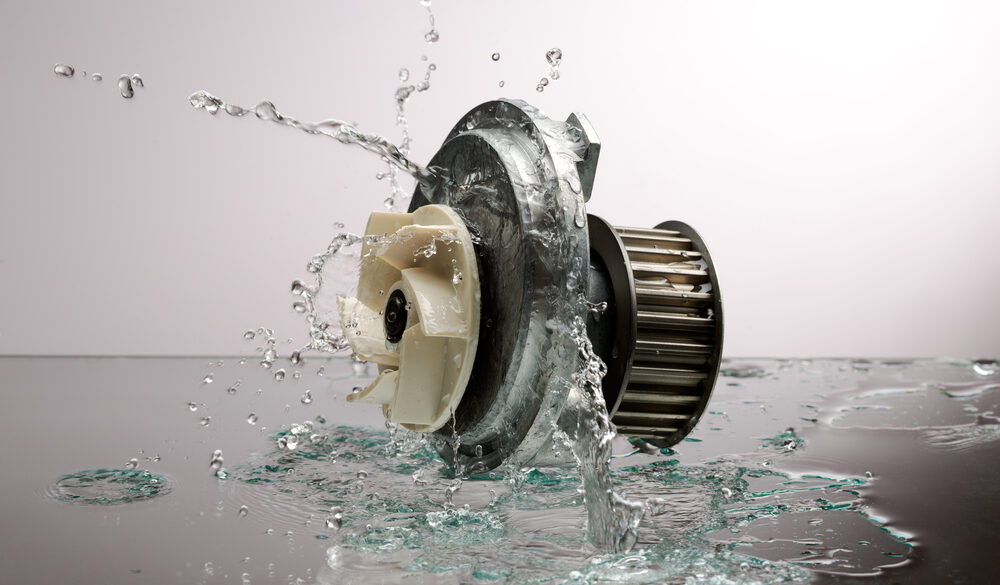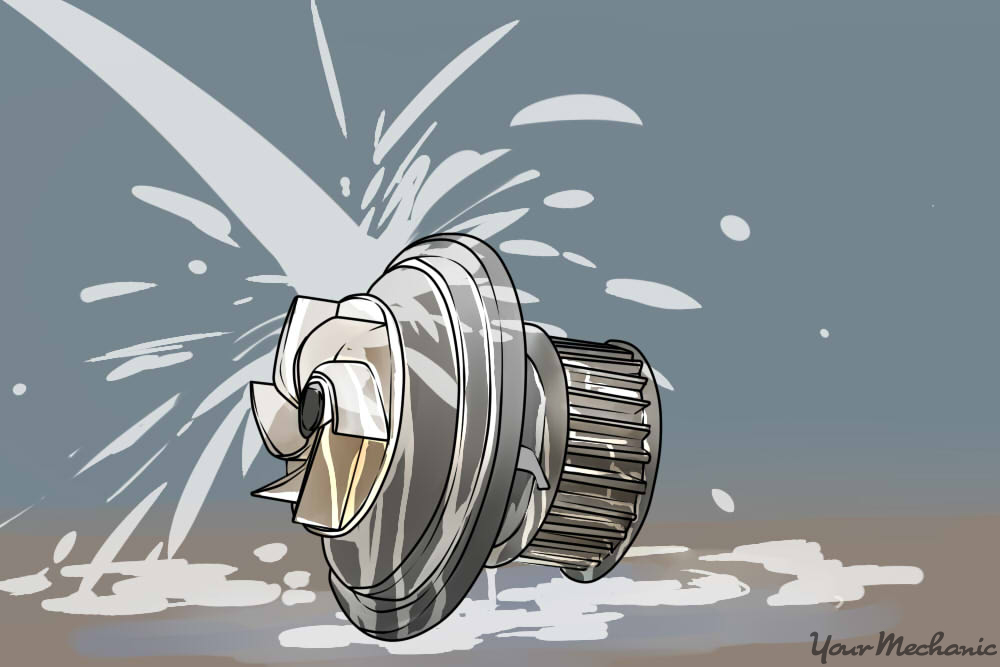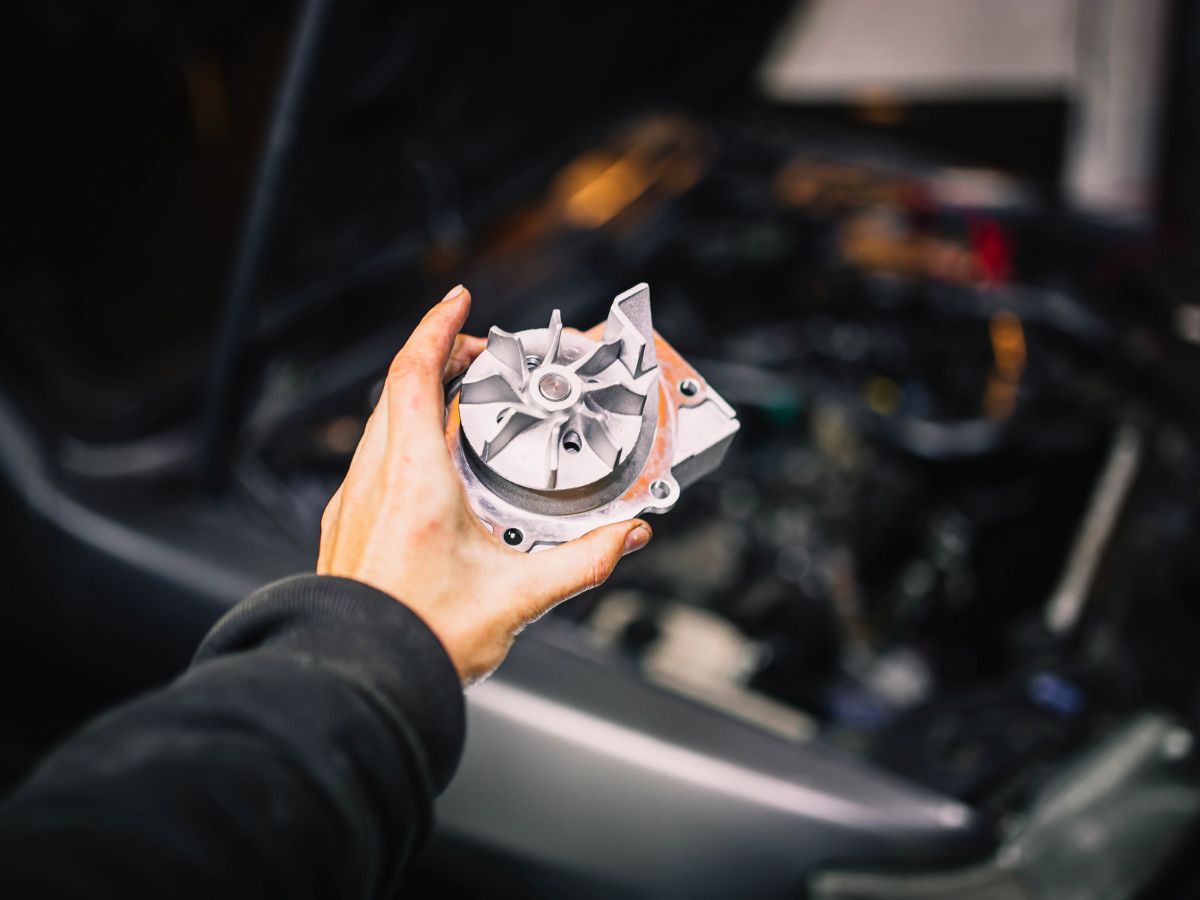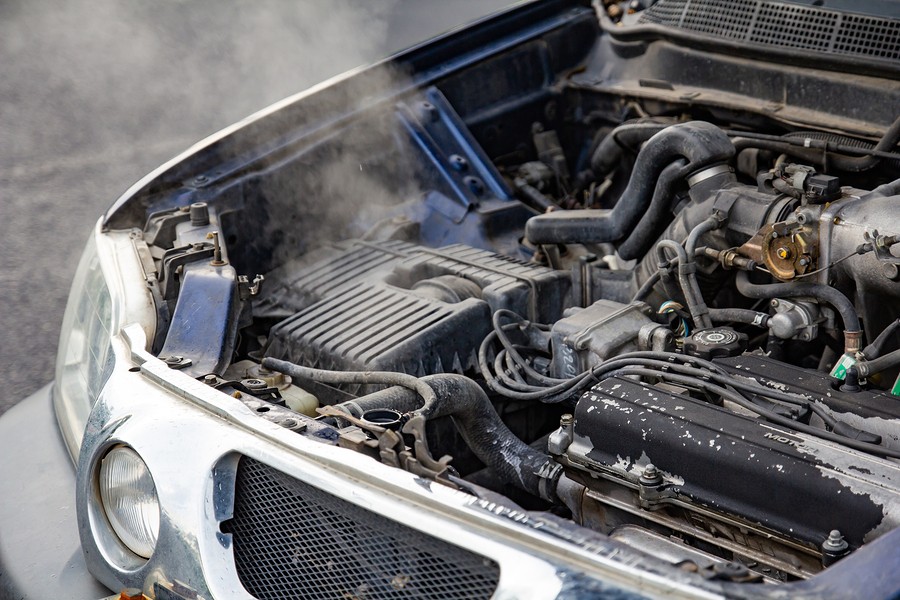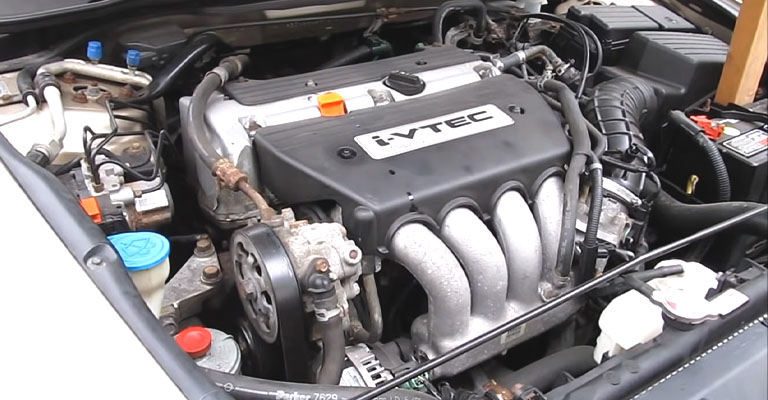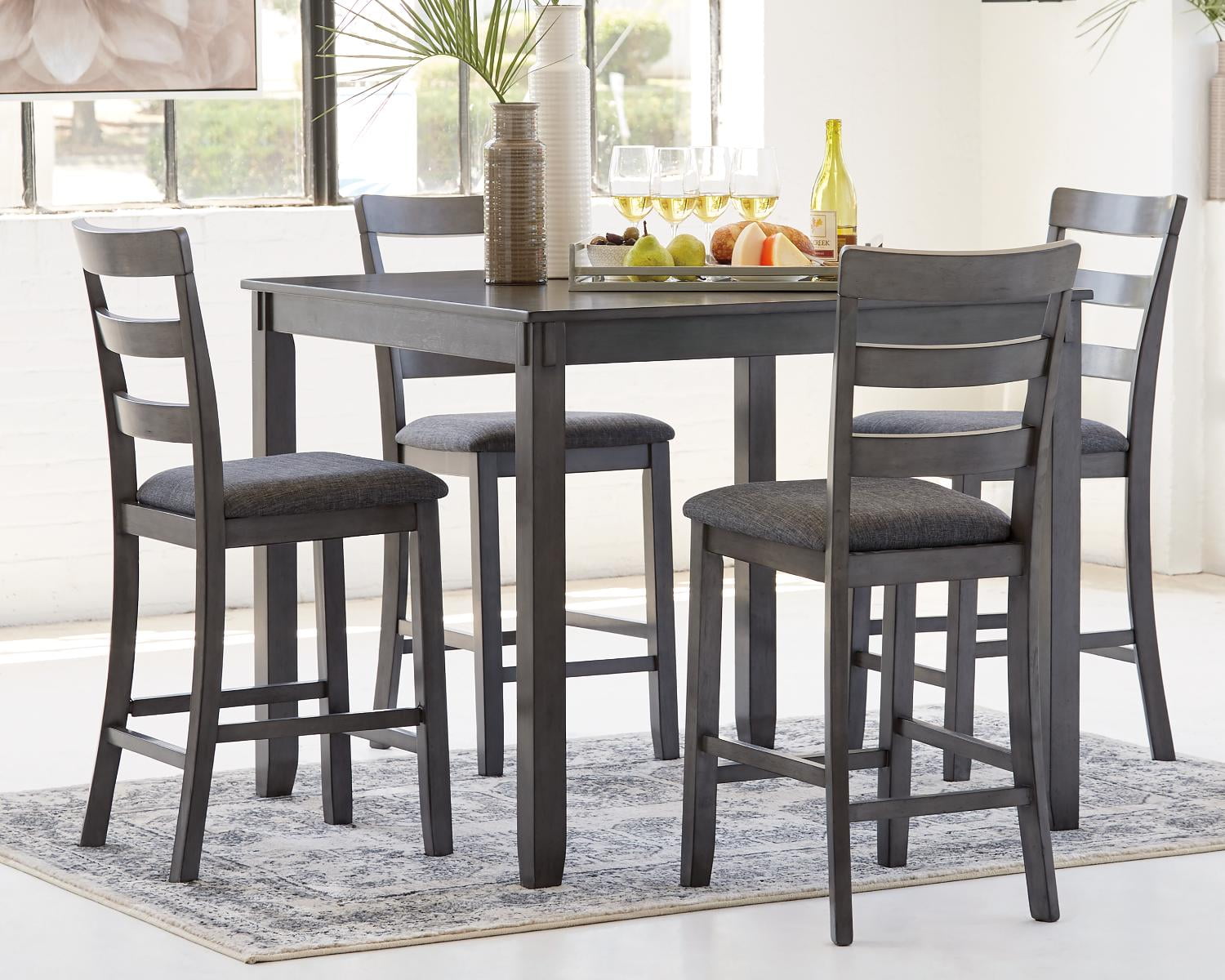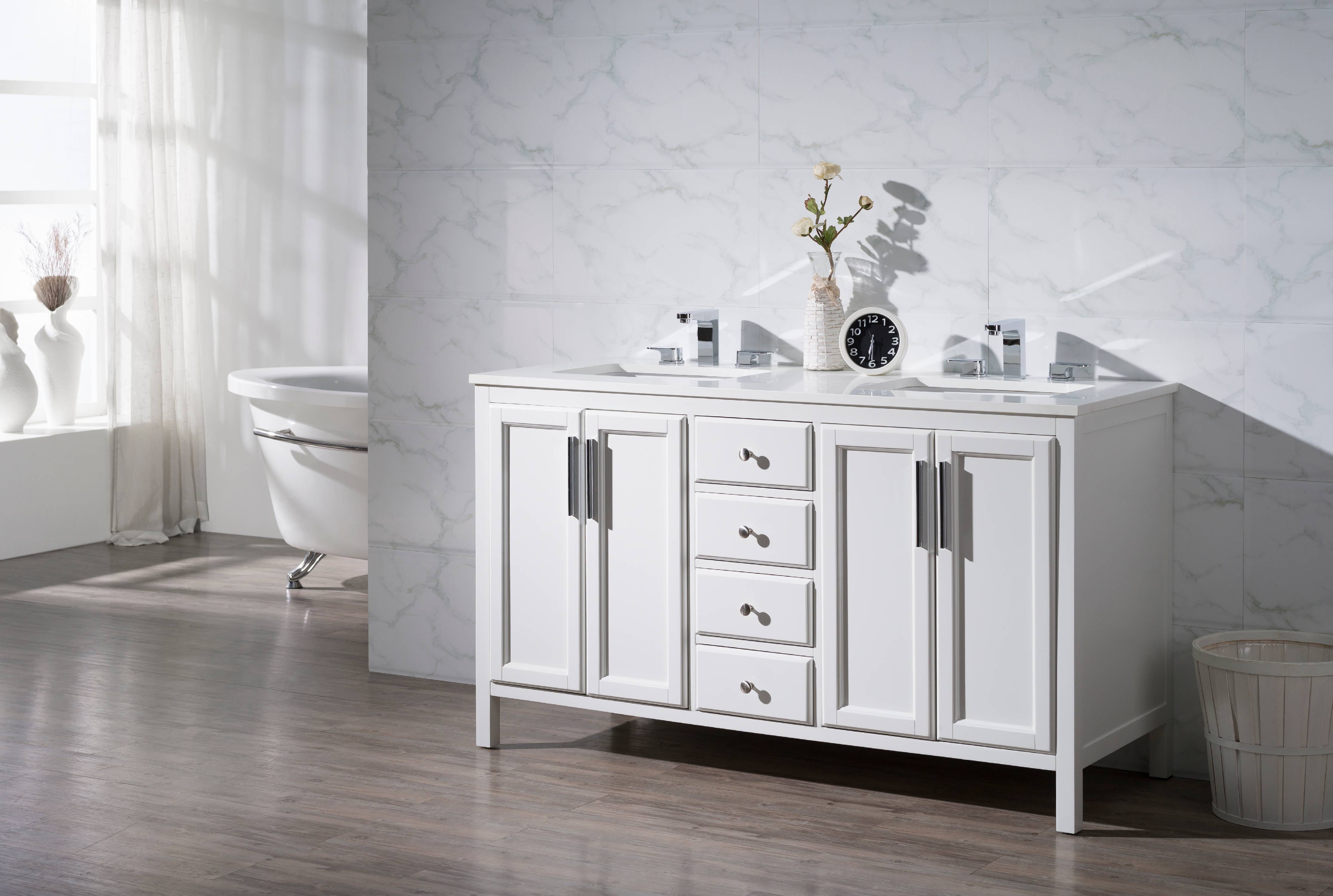Clogged Pipes: The Most Common Culprit
One of the main reasons for low flow in your kitchen sink could be clogged pipes. Over time, debris, grease, and food particles can accumulate in your pipes, restricting the flow of water. This can lead to a slow draining sink and reduced water pressure. If left unchecked, clogged pipes can cause major plumbing issues, so it's important to address the problem as soon as possible.
To prevent clogged pipes, make sure to avoid pouring grease and oil down the drain and regularly clean out your sink's drain stopper. If you notice slow draining, try using a plunger or a plumbing snake to clear out any blockages.
Low Water Pressure: A Frustrating Issue
Another common cause of low flow in the kitchen sink is low water pressure. This can be caused by a variety of factors, such as a faulty water pump, a malfunctioning pressure regulator, or a leak in the water supply line. Low water pressure not only affects the flow of water in your sink, but it can also lead to other issues, like difficulty washing dishes or taking a shower.
If you're experiencing low water pressure, it's best to call a professional plumber to diagnose and fix the issue. They will be able to determine the root cause of the problem and provide a solution to restore proper water pressure in your kitchen.
Faulty Faucet: A Simple Fix
Sometimes, the cause of low flow in your kitchen sink can be as simple as a faulty faucet. Over time, the internal components of a faucet can wear out, leading to reduced water flow. This is especially common in older faucets or ones that have not been properly maintained.
If you suspect a faulty faucet is the cause of your low flow issue, try cleaning or replacing the aerator. This small mesh screen at the end of the faucet can become clogged with debris, causing a decrease in water flow. If this doesn't solve the problem, consider replacing the faucet altogether.
Blocked Aerator: An Easy Fix
Similar to a faulty faucet, a blocked aerator can also cause low flow in your kitchen sink. The aerator is responsible for mixing air with the water to create a steady stream. Over time, it can become clogged with mineral deposits, reducing the water flow.
To fix this issue, simply unscrew the aerator from the end of the faucet and soak it in a vinegar and water solution to dissolve any buildup. Once clean, reattach the aerator and test the water flow. This simple fix can save you from having to call a plumber.
Leaking Pipes: A Serious Concern
Leaking pipes not only waste water, but they can also lead to low flow in your kitchen sink. If you notice a decrease in water pressure and suspect a leak, it's important to address the issue immediately. Leaks can occur in both visible and hidden pipes, making it crucial to regularly check for any signs of water damage.
If you do discover a leak, it's best to call a professional plumber to fix the issue. They will be able to locate and repair the leak, preventing any further damage to your pipes and restoring proper water flow to your sink.
Mineral Buildup: A Common Issue
Over time, mineral buildup can occur in your pipes, reducing the flow of water. This is especially common in areas with hard water, which contains high levels of minerals like calcium and magnesium. These minerals can build up in your pipes, causing blockages and reducing water flow.
To prevent mineral buildup, consider installing a water softener or using a descaling solution to remove any existing buildup. This will not only improve water flow in your kitchen sink, but it will also extend the lifespan of your pipes and plumbing fixtures.
Damaged Water Supply Line: A Serious Issue
Your kitchen sink's water supply line is responsible for delivering water from the main water line to your sink. If this line becomes damaged, it can significantly impact the flow of water. Common causes of damage to the water supply line include freezing temperatures, tree roots, and corrosion.
If you suspect a damaged water supply line is causing low flow in your kitchen sink, it's important to call a professional plumber for repairs. Ignoring this issue can lead to further damage and costly repairs in the future.
Faulty Shut-Off Valve: An Easily Overlooked Problem
The shut-off valve is responsible for controlling the flow of water to your kitchen sink. If this valve becomes damaged or faulty, it can restrict the flow of water and lead to low flow in your sink. This issue is often overlooked, but it's important to check the shut-off valve if you're experiencing low flow.
If the valve is damaged, it will need to be replaced by a professional plumber. However, if it's simply turned off or partially closed, you can easily solve the issue by adjusting the valve to allow for proper water flow.
Broken Garbage Disposal: A Potential Cause
If your kitchen sink has a garbage disposal, it could be the cause of your low flow issue. A broken or malfunctioning garbage disposal can cause clogs and blockages in your pipes, leading to reduced water flow. Additionally, a jammed disposal can prevent water from draining properly, causing backups and low flow.
If you suspect a broken garbage disposal is the culprit, try resetting the disposal or removing any visible debris. If this doesn't solve the issue, it's best to call a professional plumber for repairs or replacement.
Faulty Water Pump: A Potential Cause
Your kitchen sink's water pump is responsible for maintaining proper water pressure. If this pump becomes faulty or damaged, it can lead to low flow in your sink. This is often seen in older homes or those with well water systems.
If you suspect a faulty water pump, it's best to call a professional plumber for repairs or replacement. They will be able to diagnose the issue and provide a solution to restore proper water flow in your kitchen sink.
Possible Causes for Low Flow in Kitchen Sinks

Having a low flow in your kitchen sink can be frustrating and inconvenient, especially when you are trying to wash dishes or fill up a pot. There are several potential causes for this problem, and it's important to identify and address them in order to restore proper water flow in your sink. Here are some of the main culprits for low flow in kitchen sinks:
Clogged Faucet Aerator
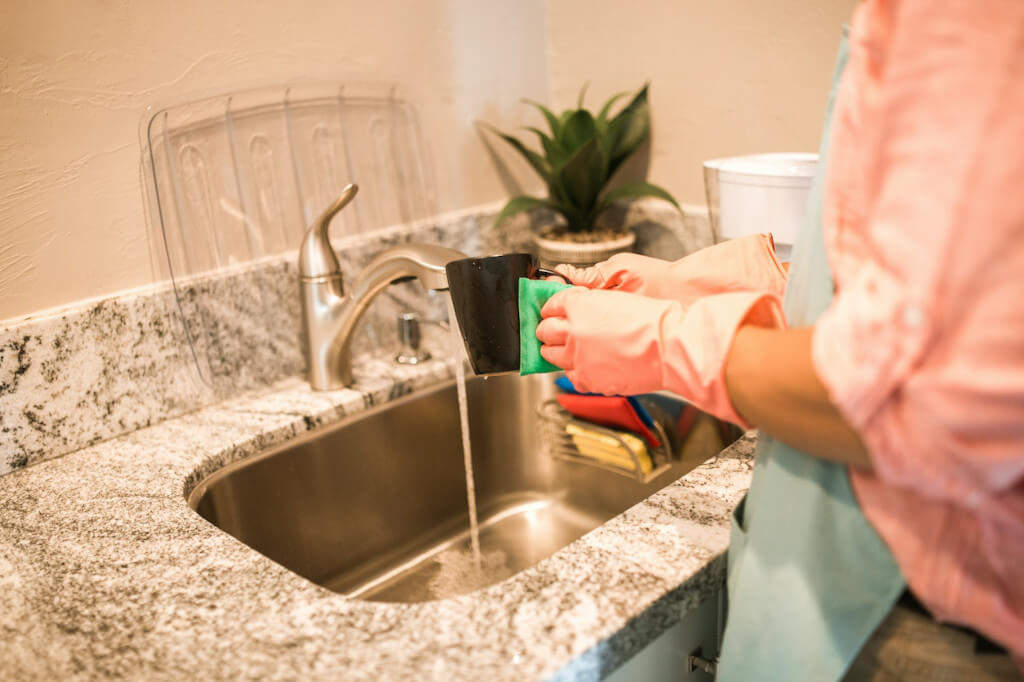
The faucet aerator is a small screen that covers the end of your faucet and helps to aerate the water flow. Over time, this screen can become clogged with mineral deposits, debris, and other buildup, resulting in reduced water flow. To fix this issue, you can try removing the aerator and cleaning it with a mixture of water and vinegar, or simply replacing it with a new one.
Blocked Pipes

Another common cause for low flow in kitchen sinks is blocked or clogged pipes. This can happen due to a buildup of grease, food particles, or other debris in the pipes. You can try using a plunger or a drain snake to clear out any blockages, or you may need to call a professional plumber for a more thorough cleaning.
Issues with the Water Supply

If you have low flow in all of your faucets, not just the kitchen sink, the problem may lie with your water supply. Check with your local water company to see if there are any known issues or maintenance work being done in your area. If not, you may want to have a plumber inspect your main water line for any potential issues.
Old or Faulty Pipes

Over time, pipes can become corroded or damaged, leading to reduced water flow. If you have an older home or haven't had your pipes inspected in a while, it may be worth having a plumber take a look and see if any repairs or replacements are needed.
In conclusion, there are several possible causes for low flow in kitchen sinks, and it's important to address them in order to maintain a functional and efficient kitchen. By identifying and resolving these issues, you can enjoy a steady and strong water flow in your sink once again.
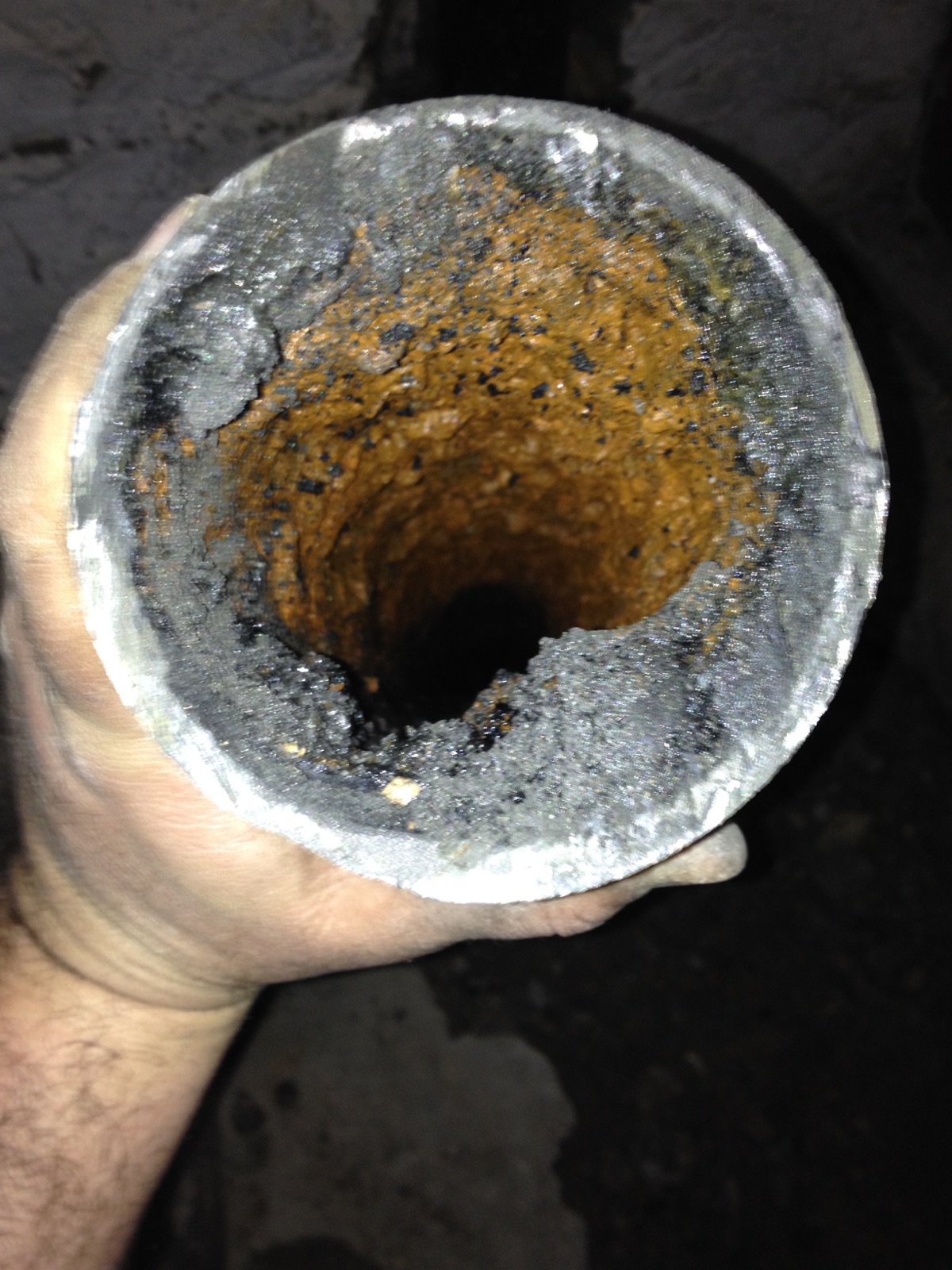
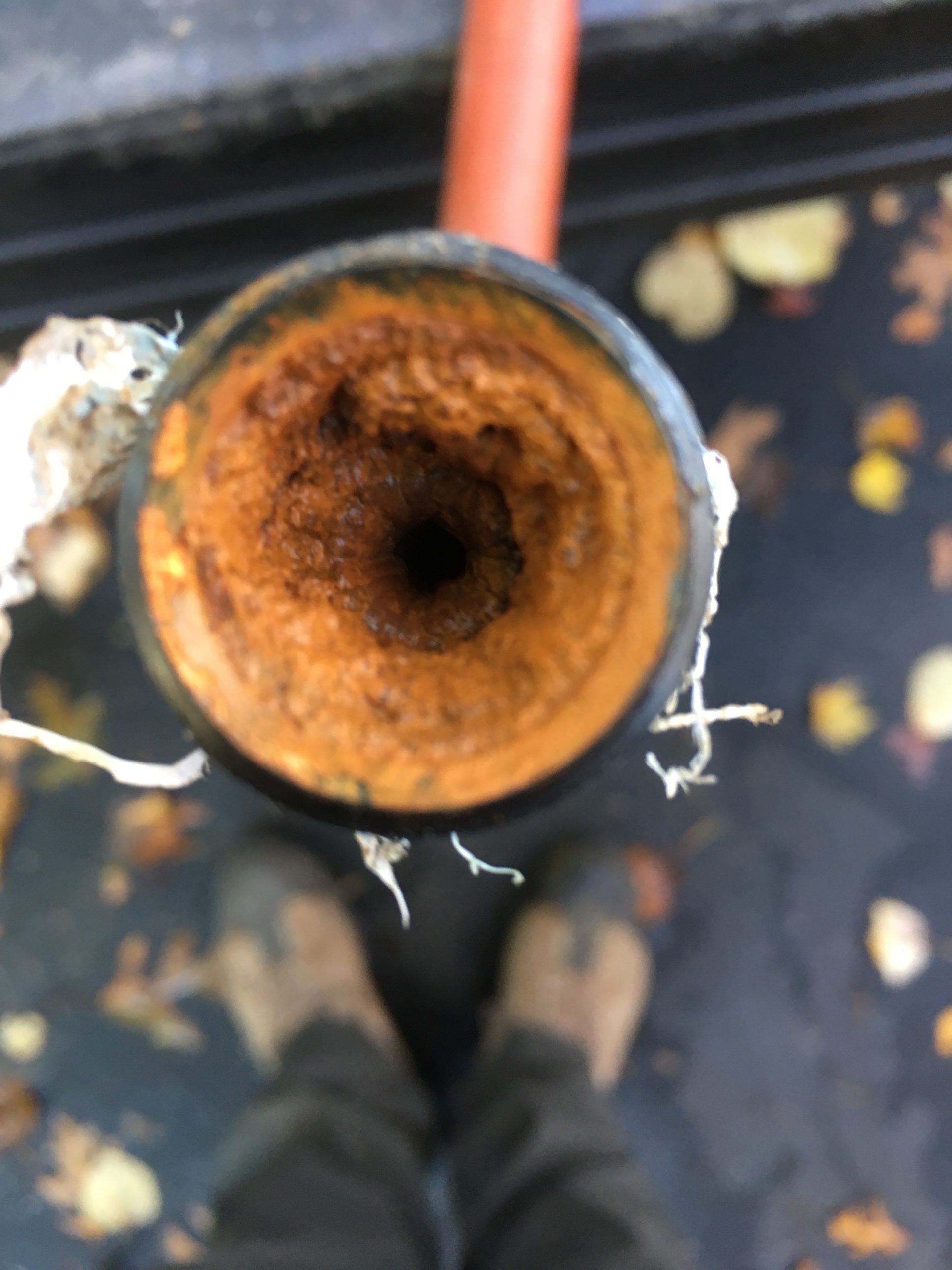

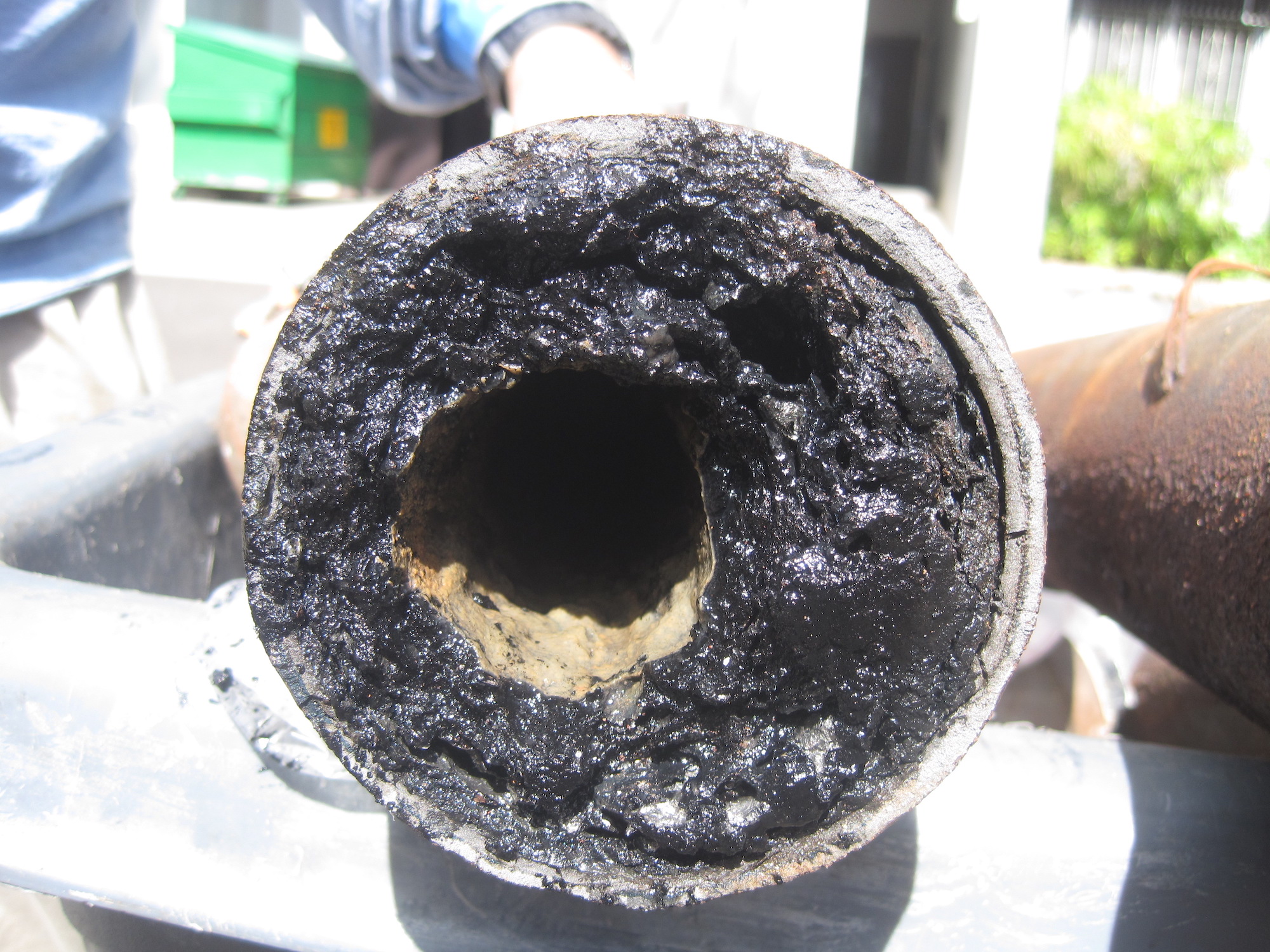
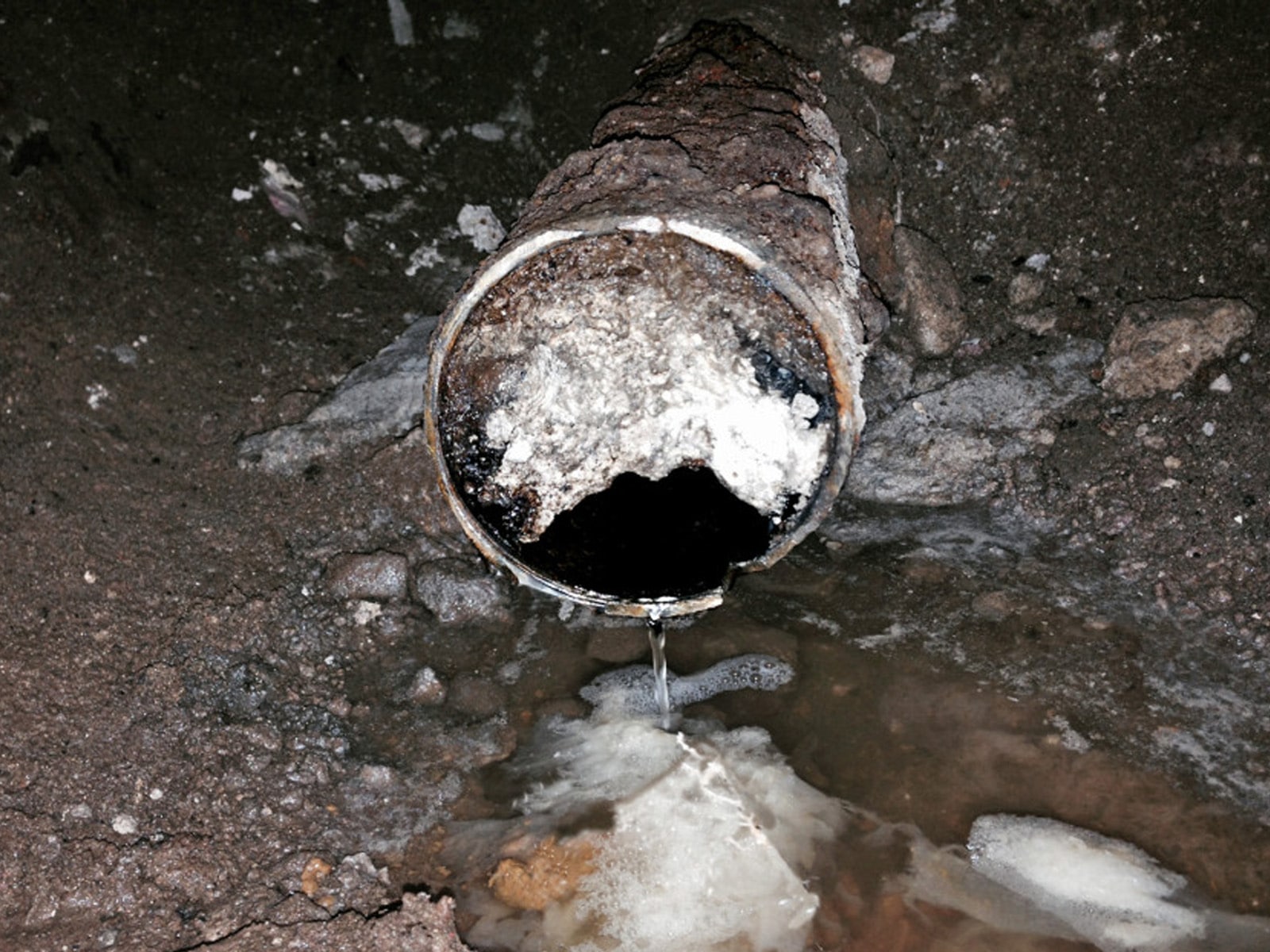

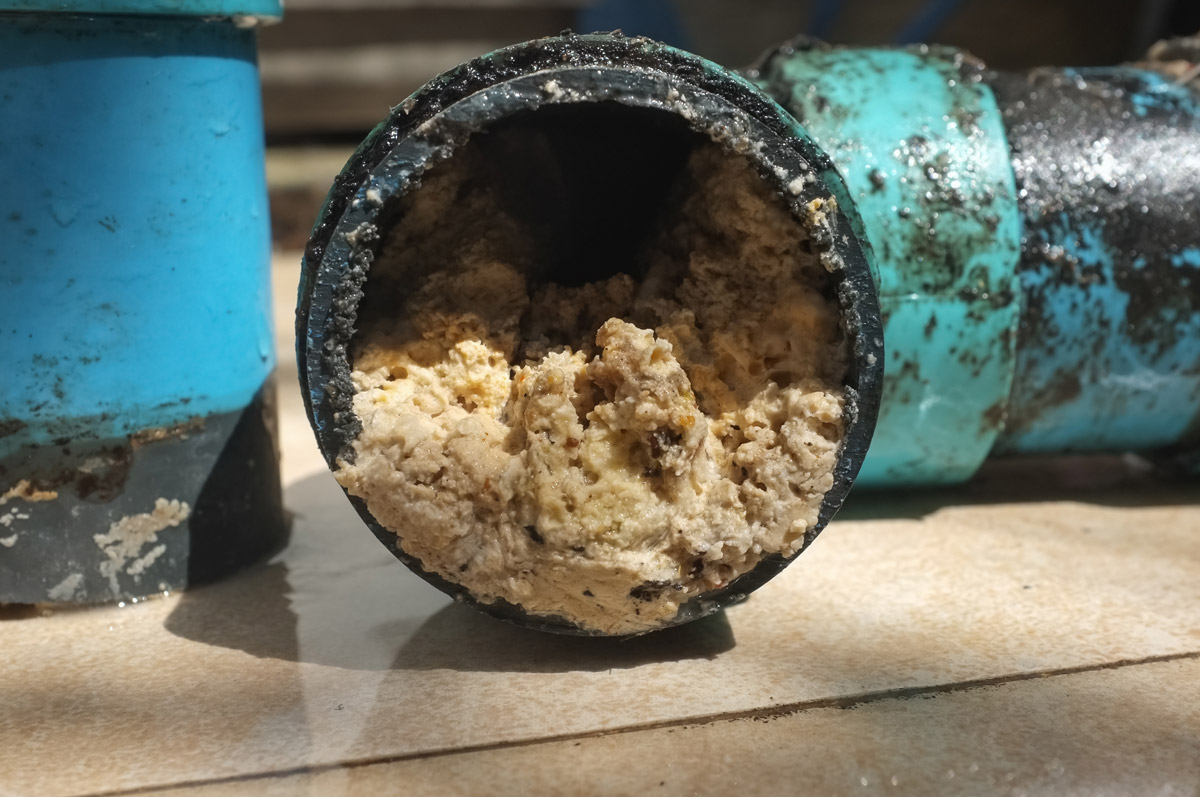
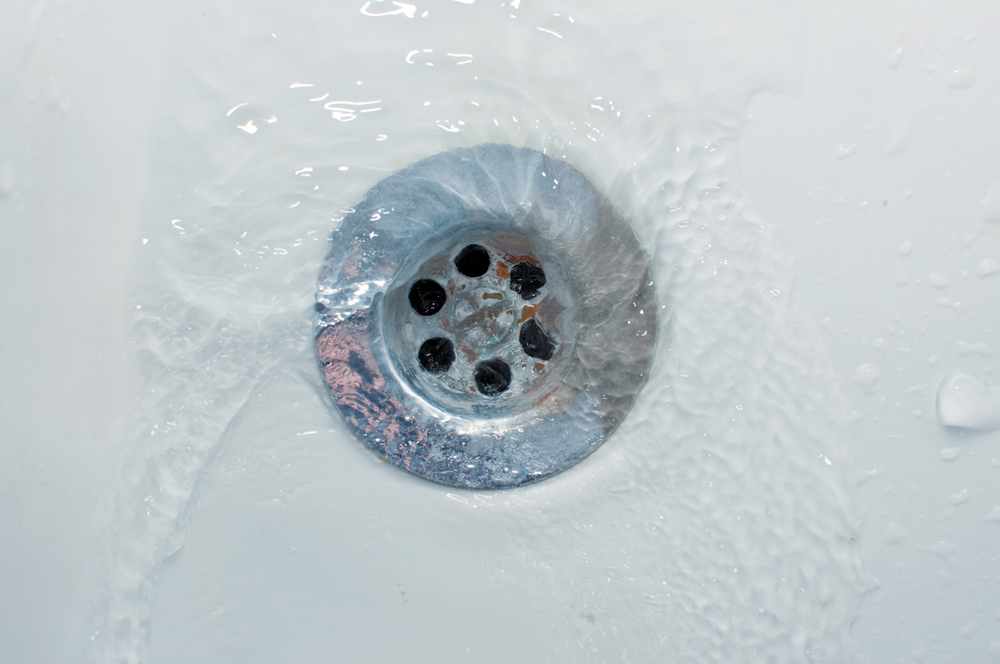
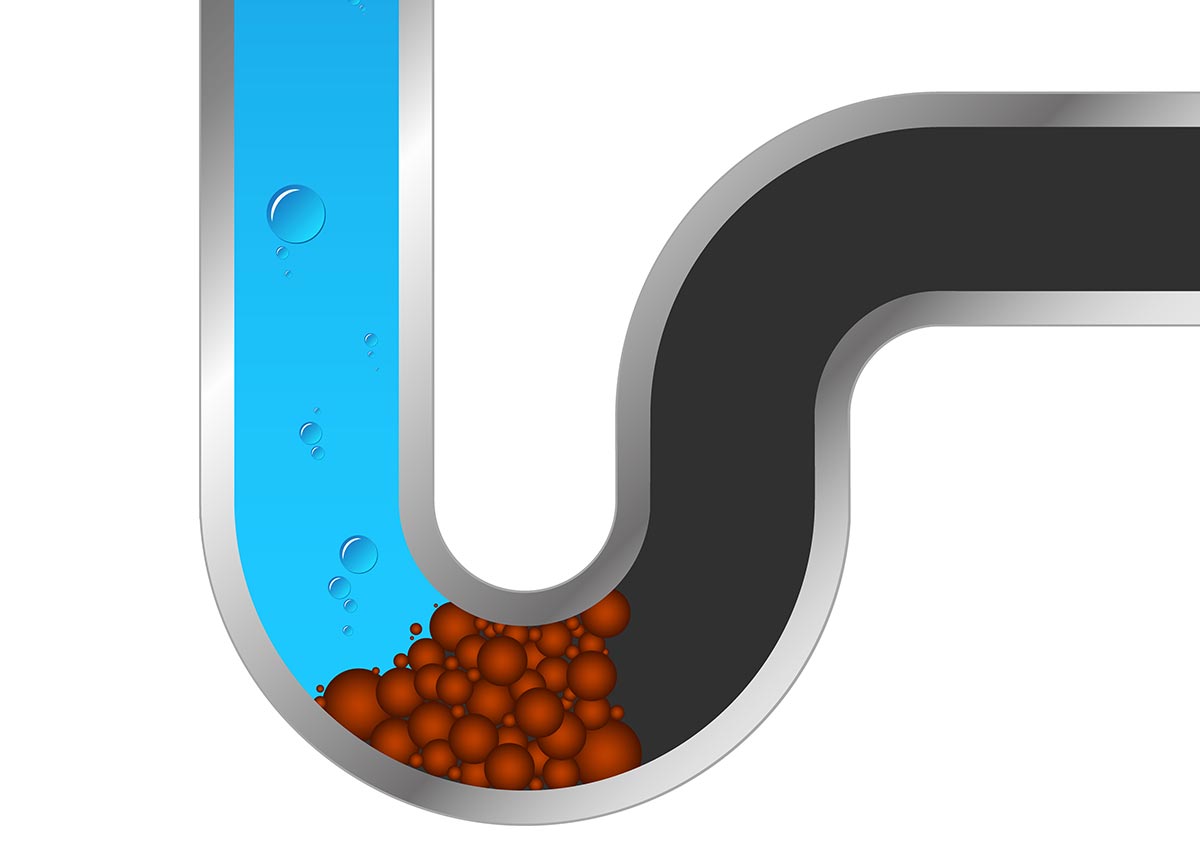


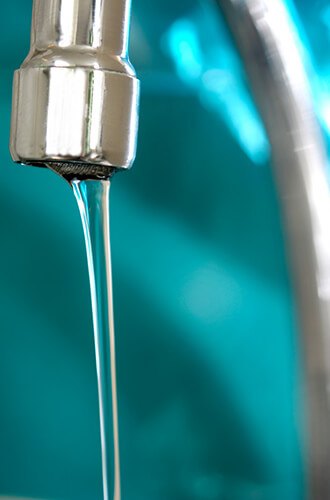
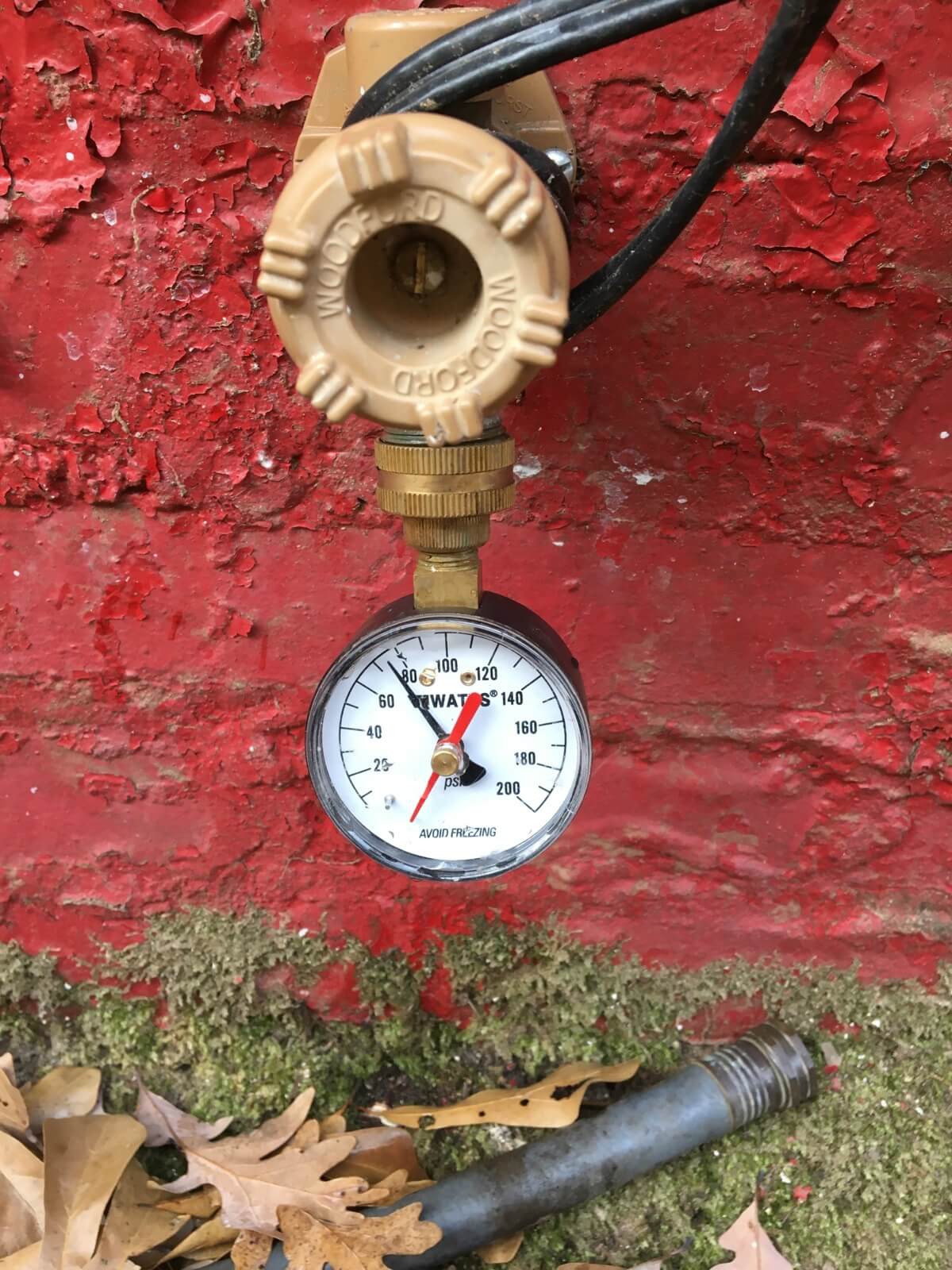


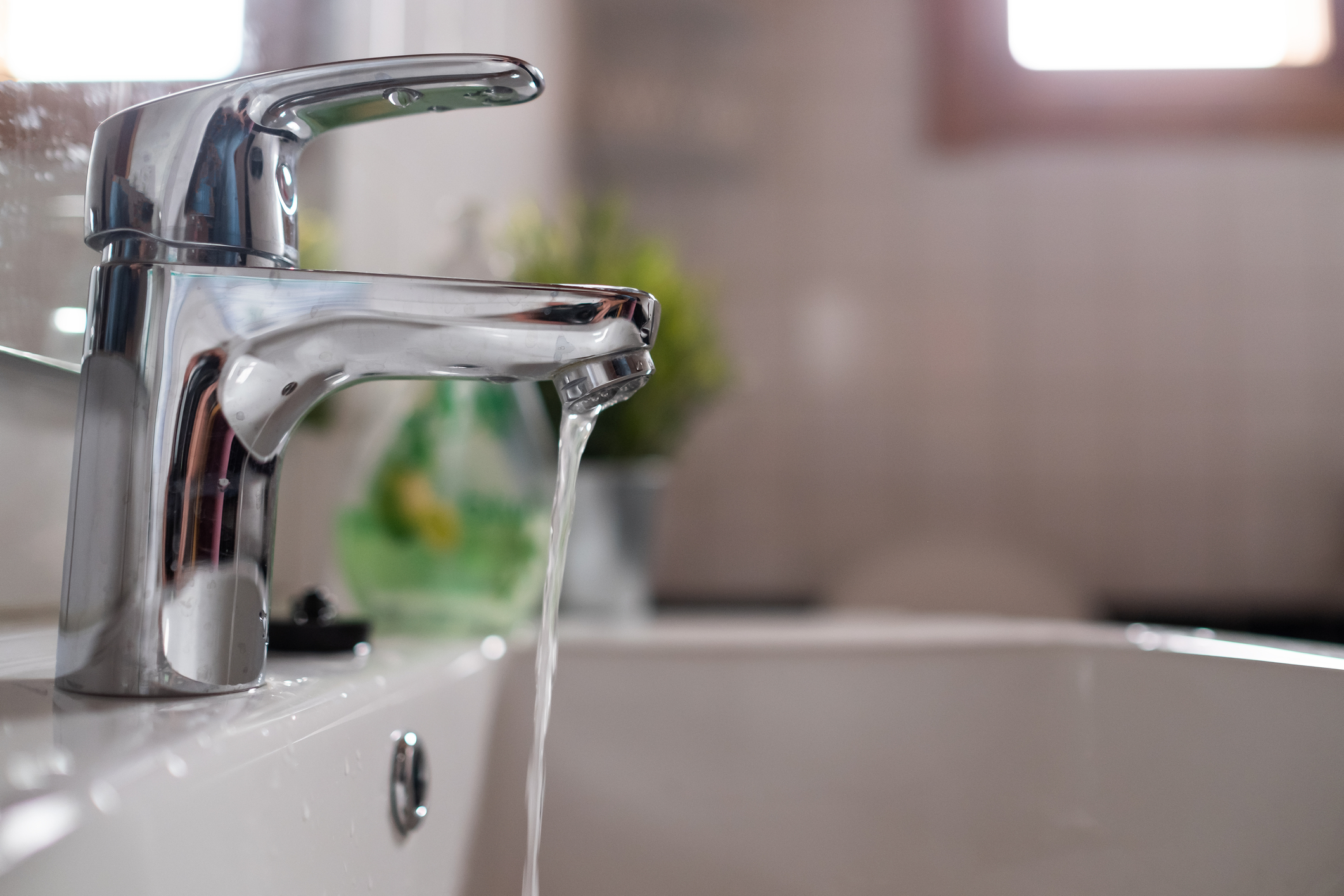
:max_bytes(150000):strip_icc()/testing-water-pressure-in-your-home-2718692-04-c37ab3236d0d4b61b87079ebf9ef823e-c1e1ef0104fb44778a287bd9bb5ec140.jpeg)
:max_bytes(150000):strip_icc()/the-men-s-hand-opens-the-ball-valve-on-the-collector-1006810456-5c5fc73fc9e77c000159c4af.jpg)
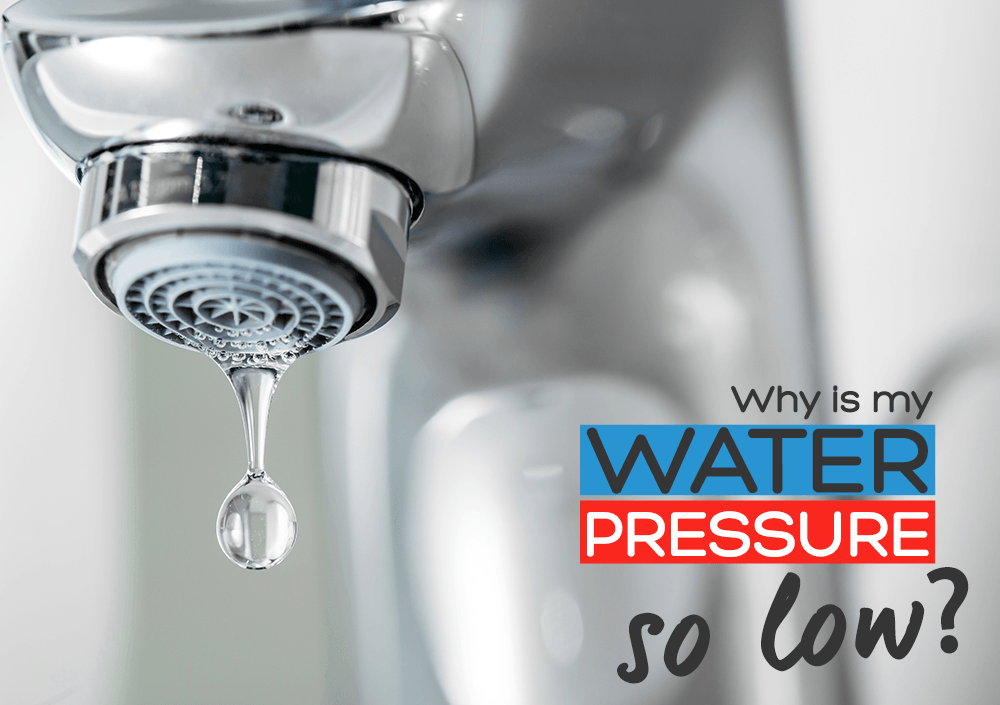
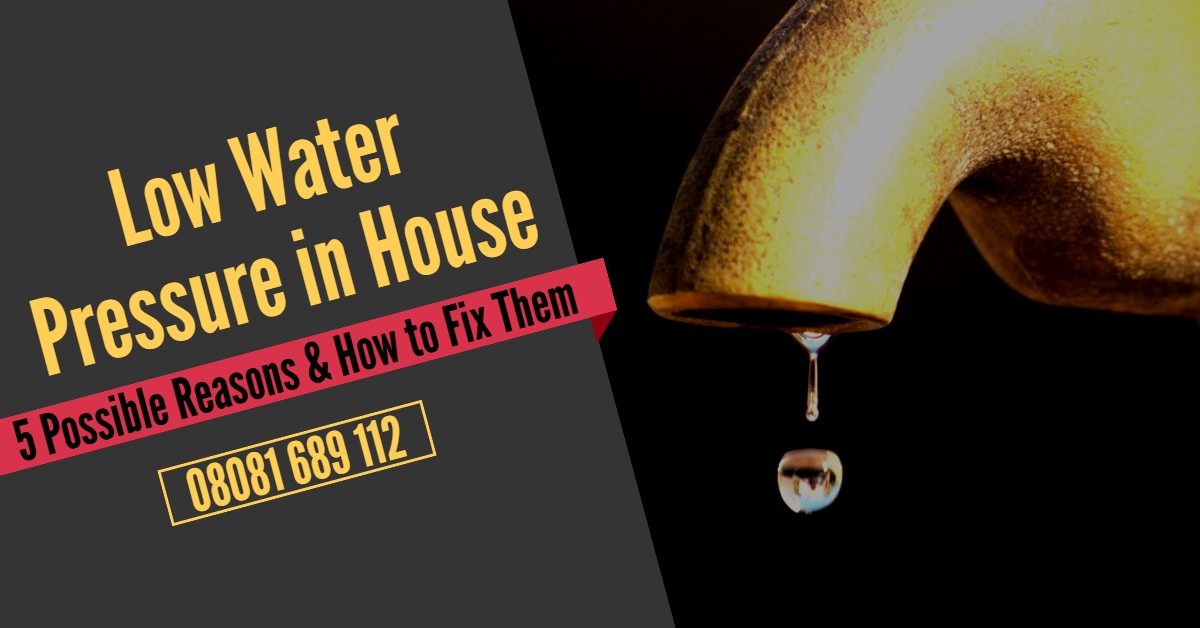


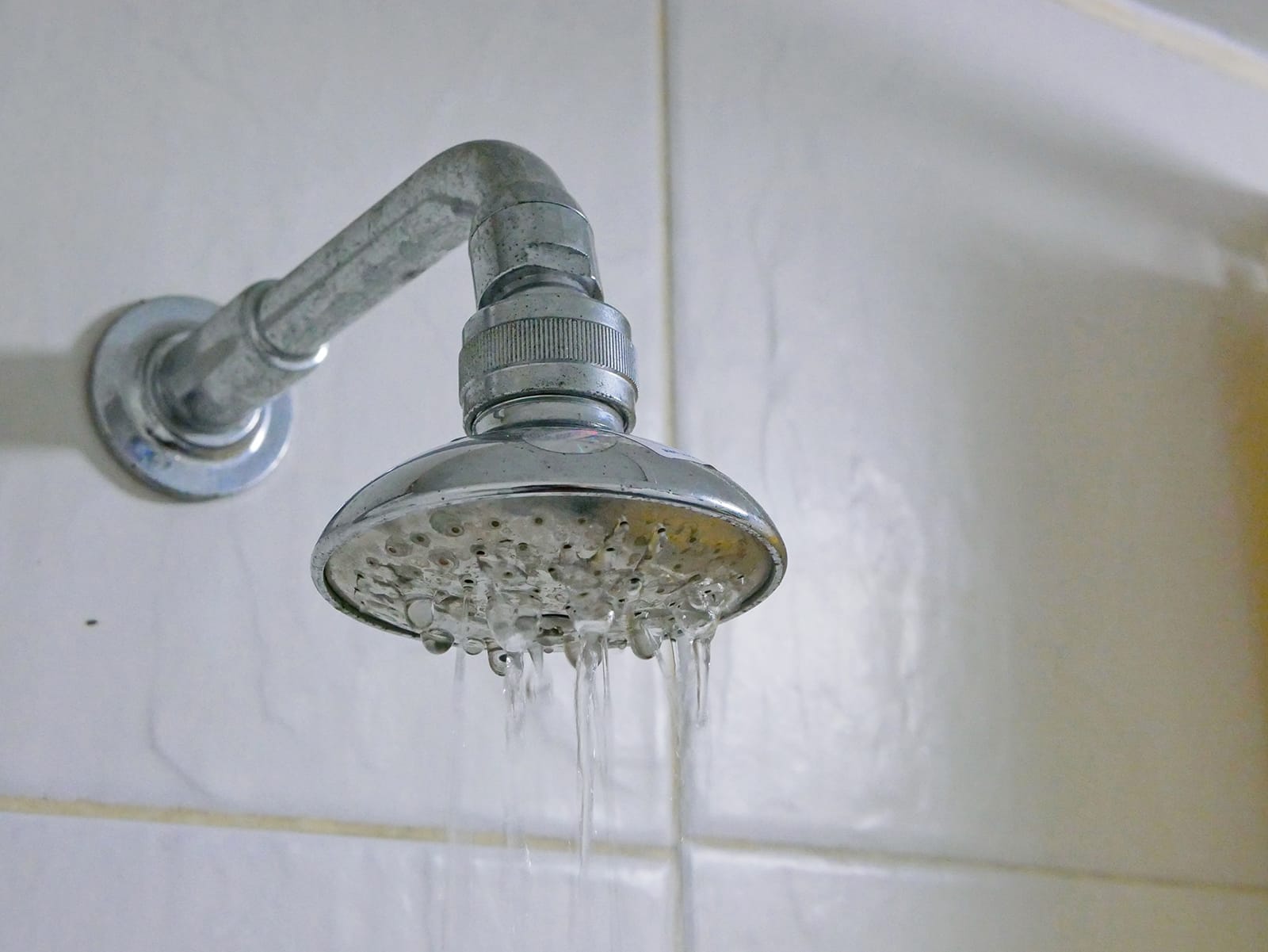
:max_bytes(150000):strip_icc()/home-water-pressure-problems-2718730-3d3b6ee75946443eba2b19138c3dc830.png)



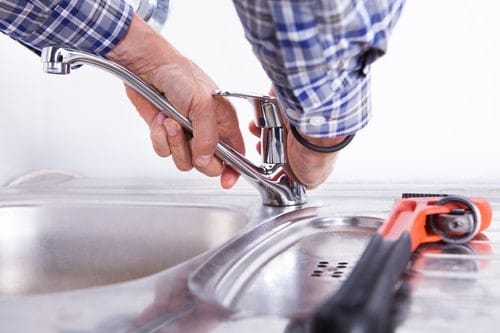



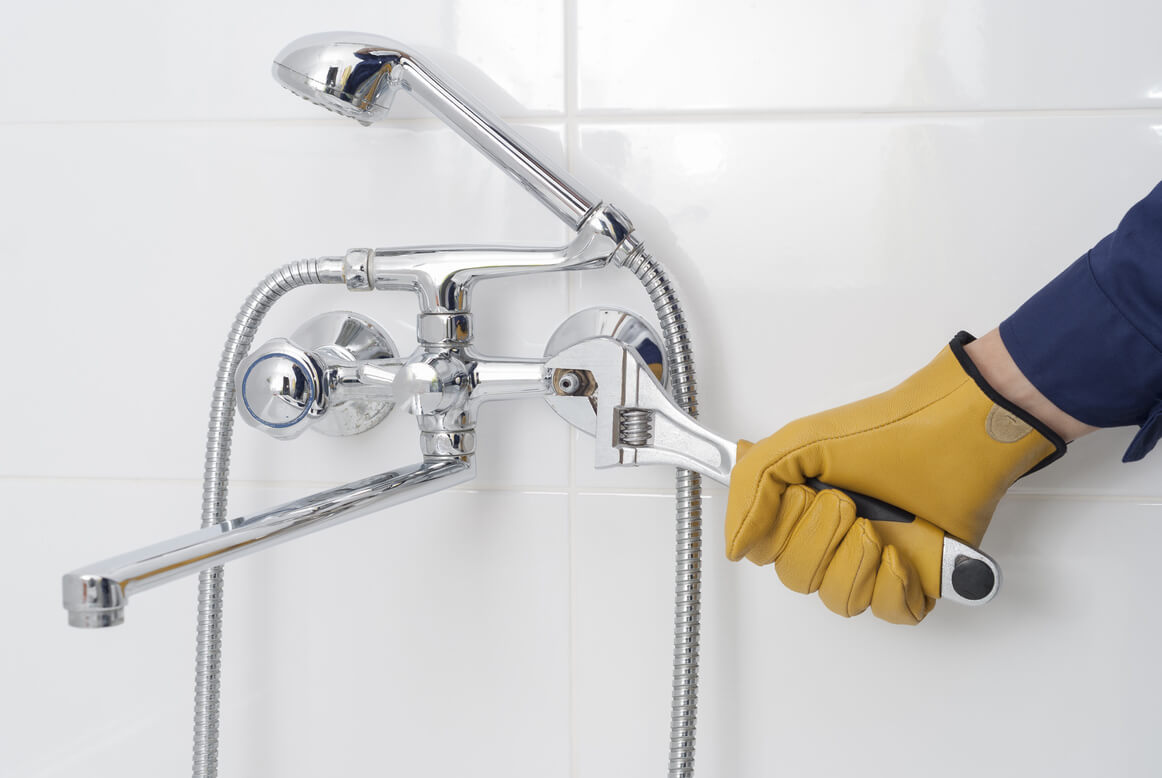
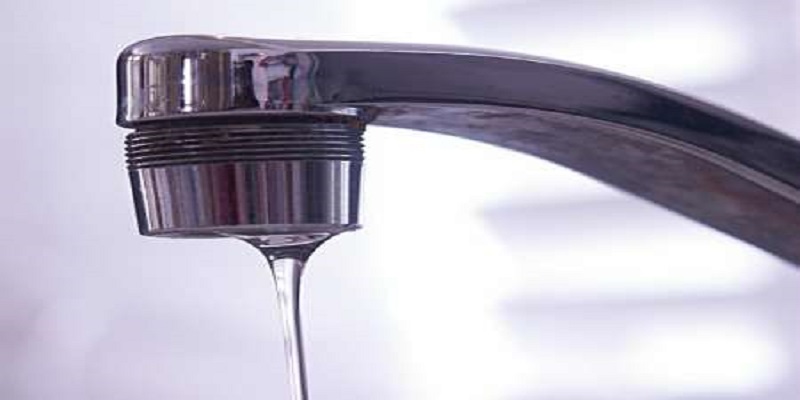

:max_bytes(150000):strip_icc()/ac7-56a73c5b3df78cf772938985.jpg)
:max_bytes(150000):strip_icc()/ac6-57c7f1a93df78c71b6c5e44a.jpg)

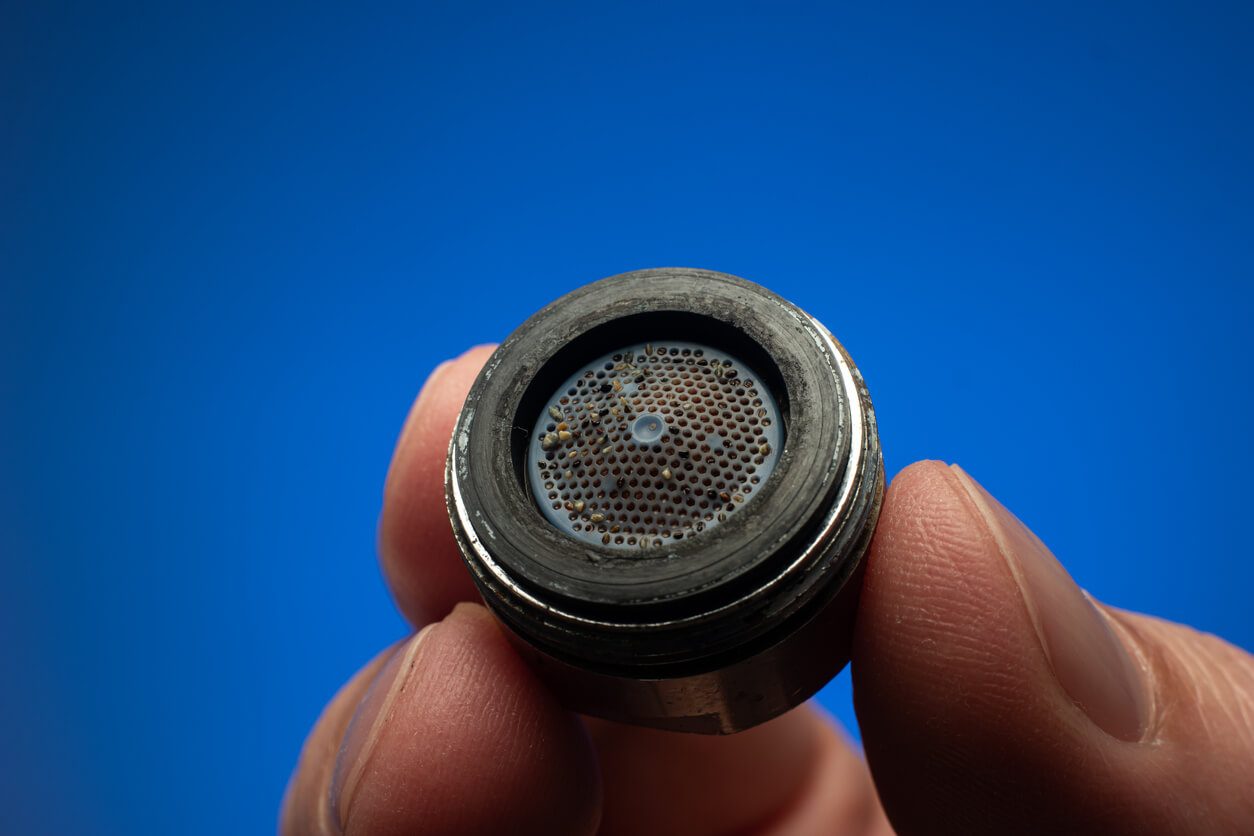


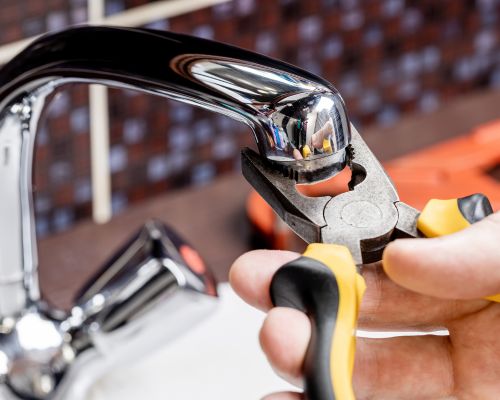
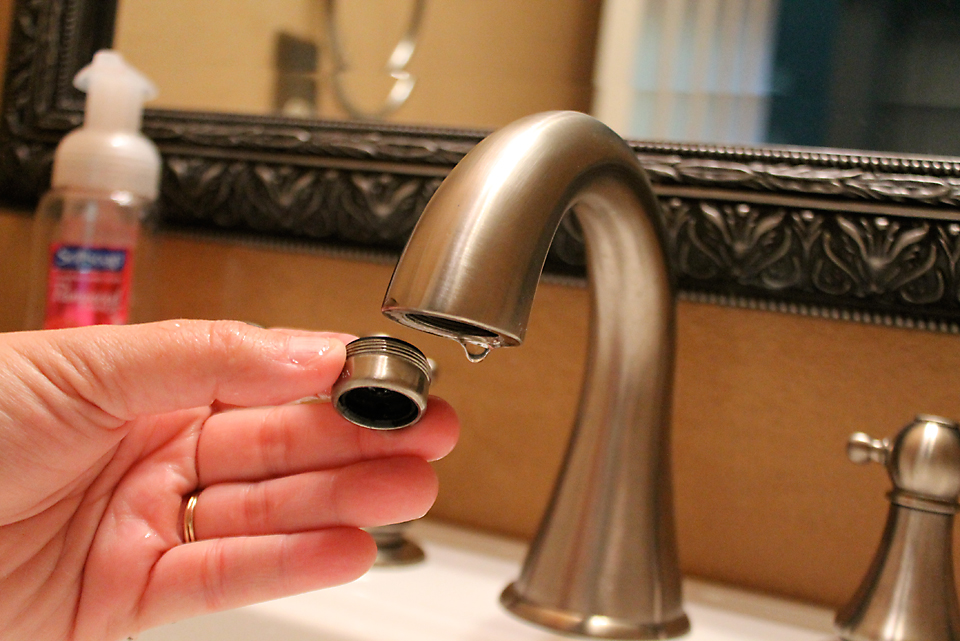
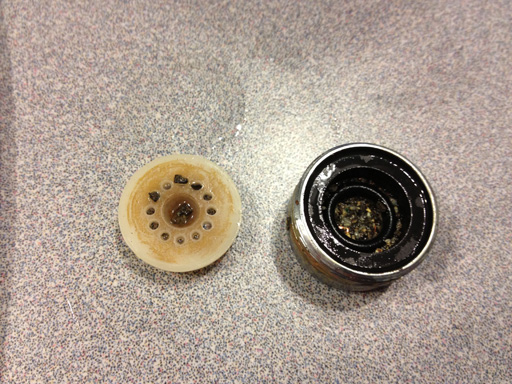

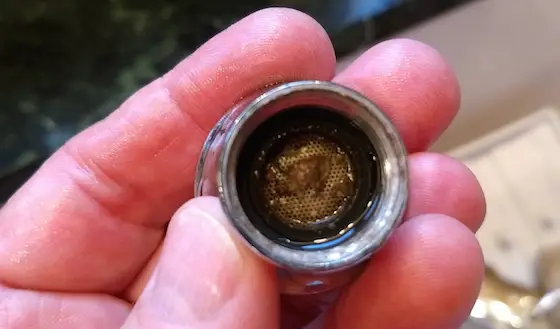





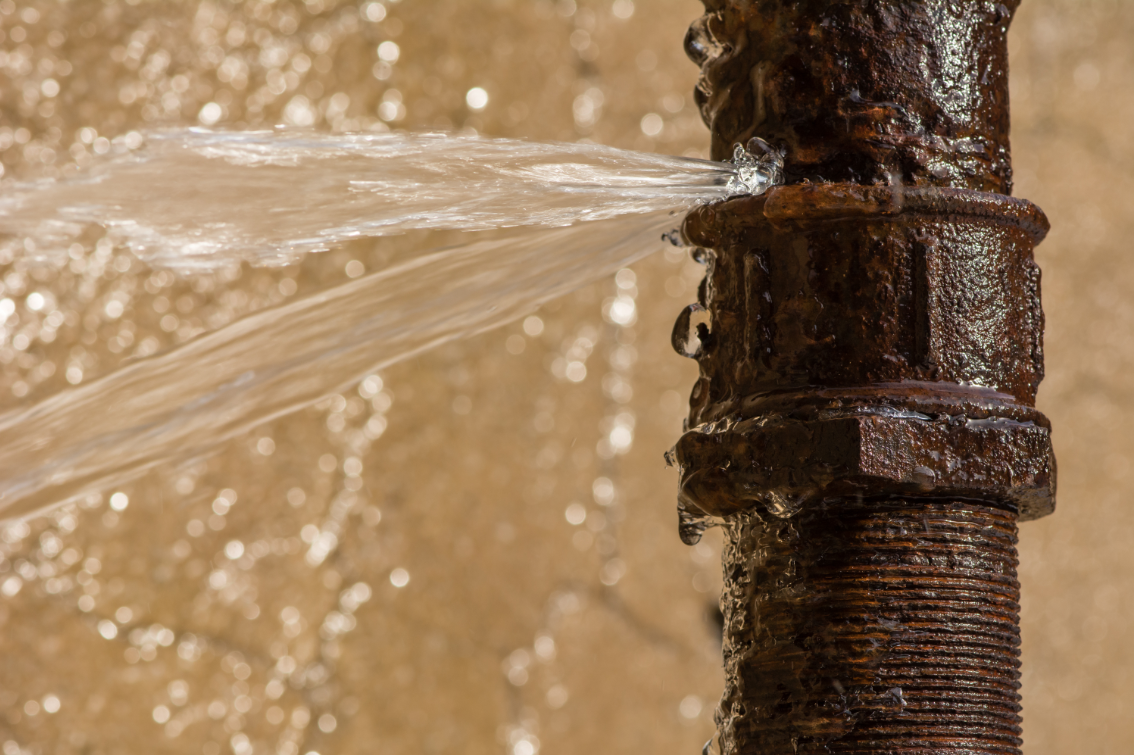
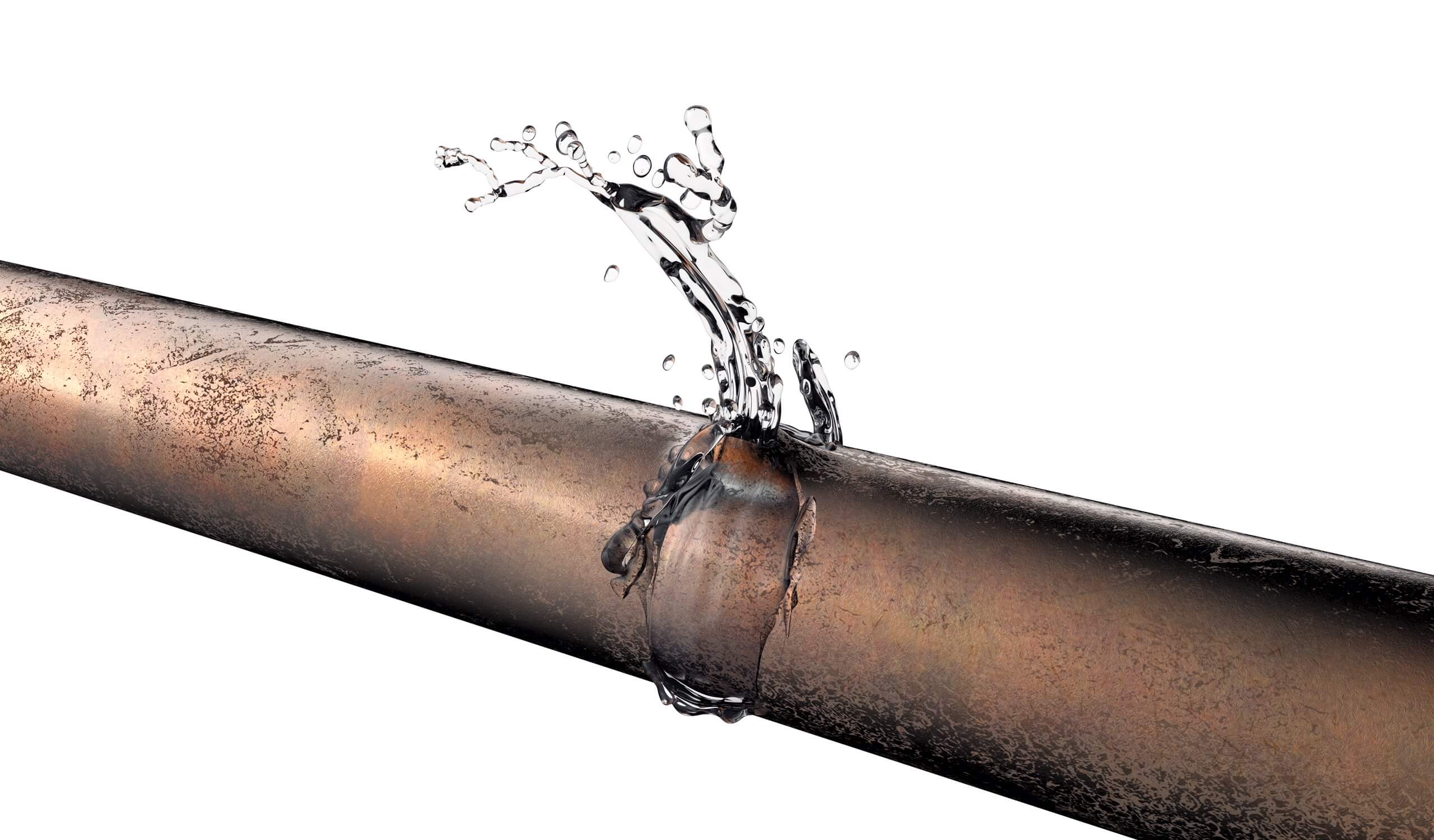
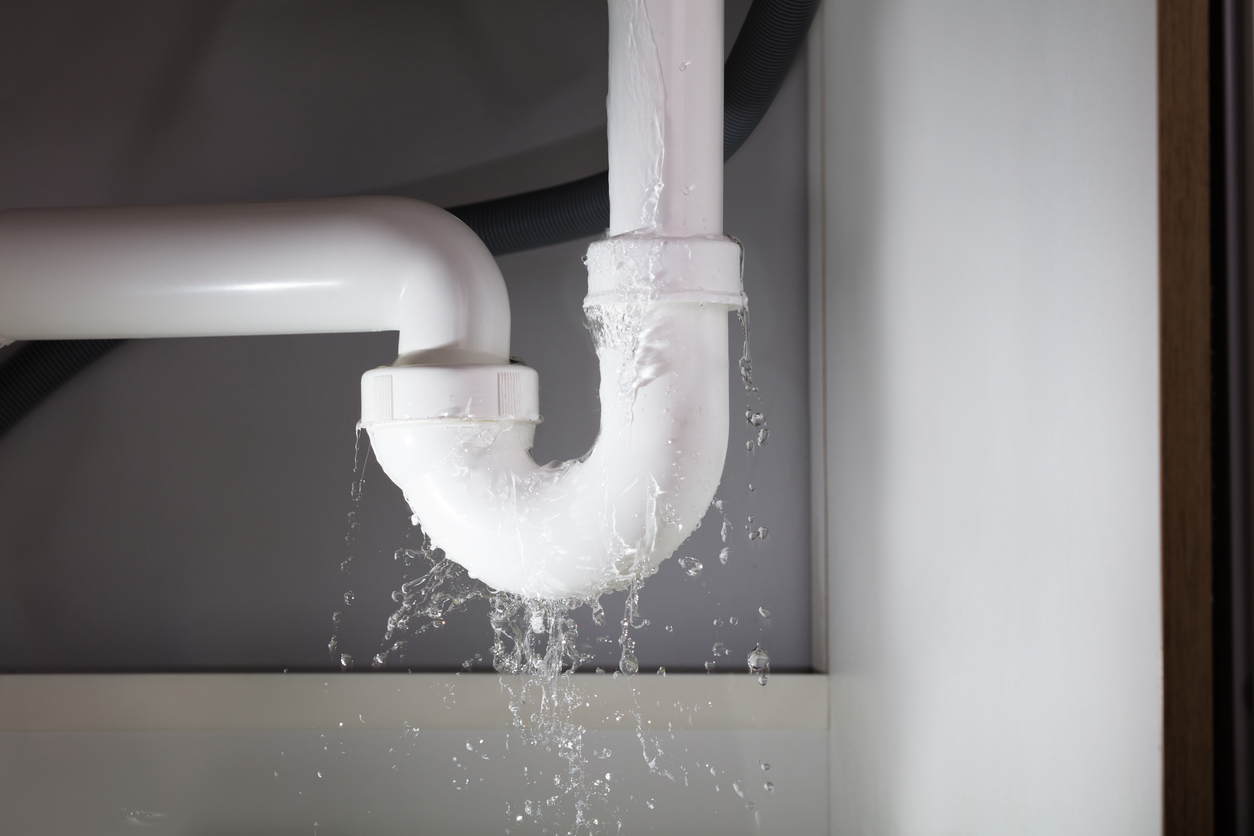
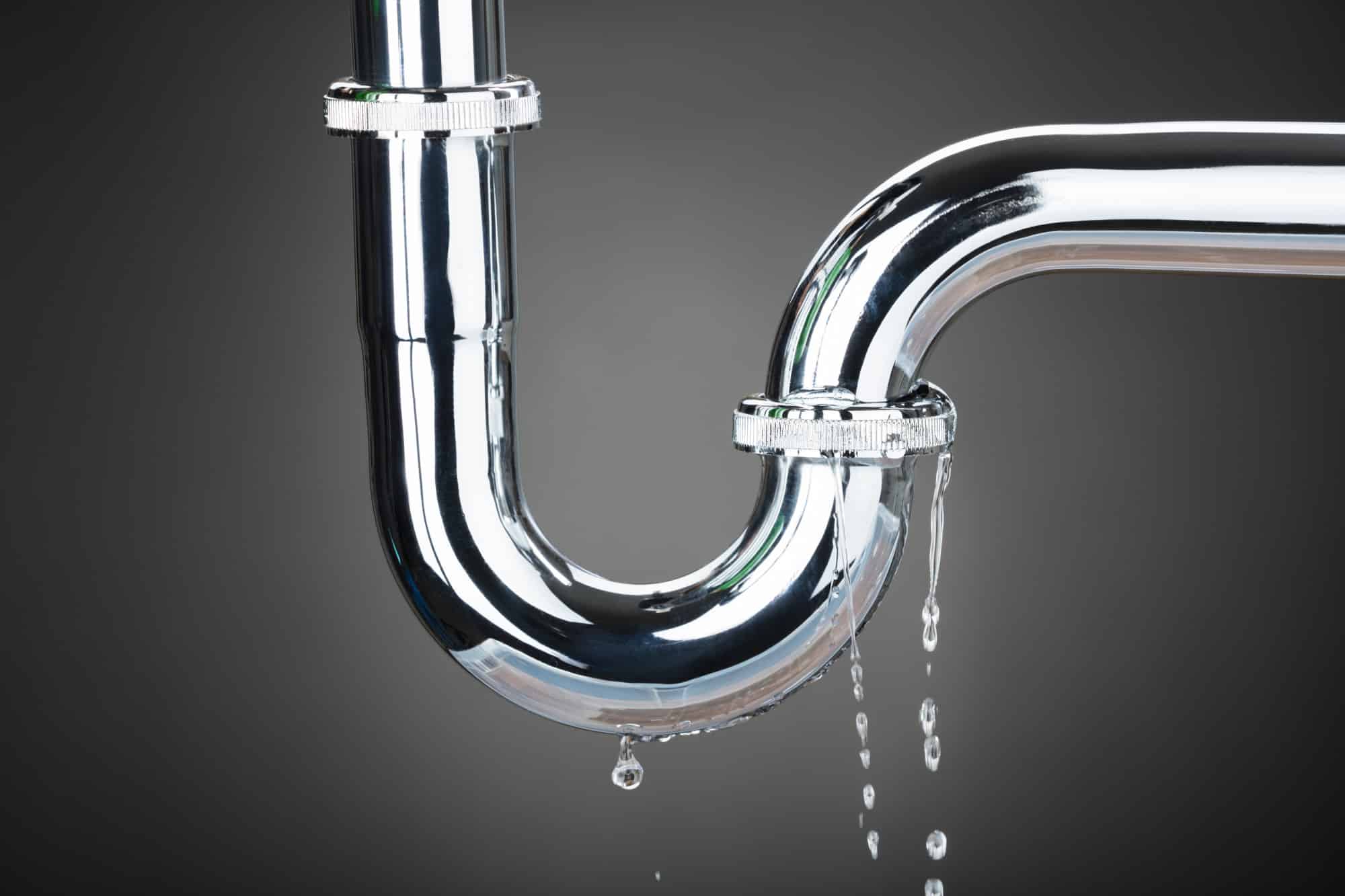
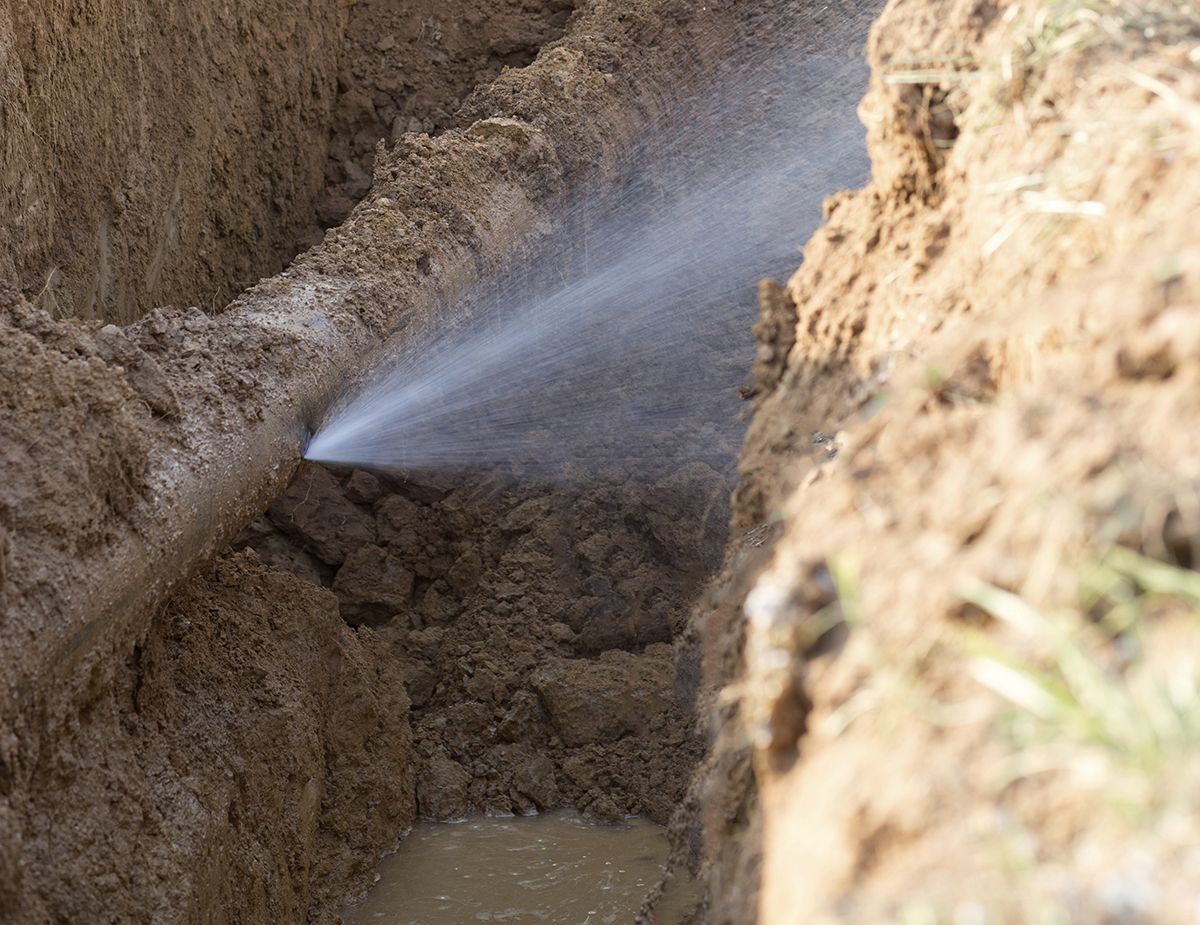
.jpg)
